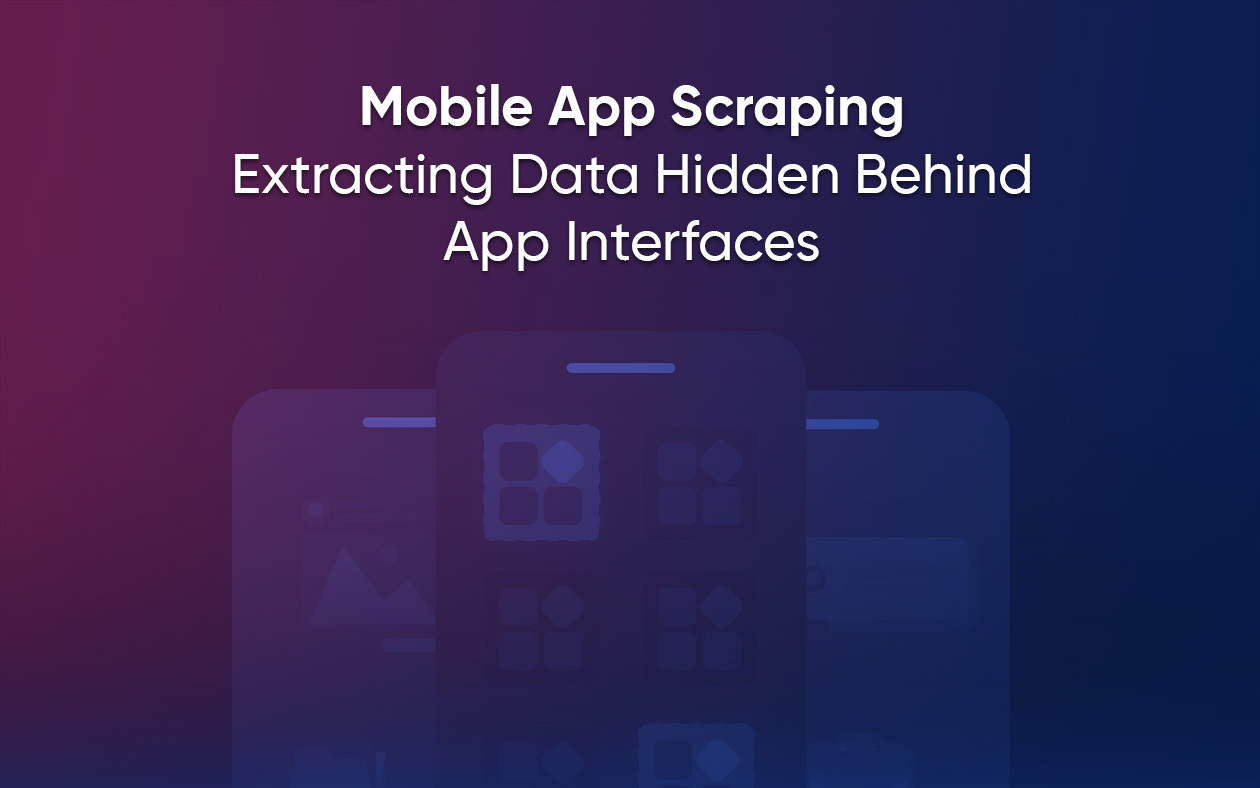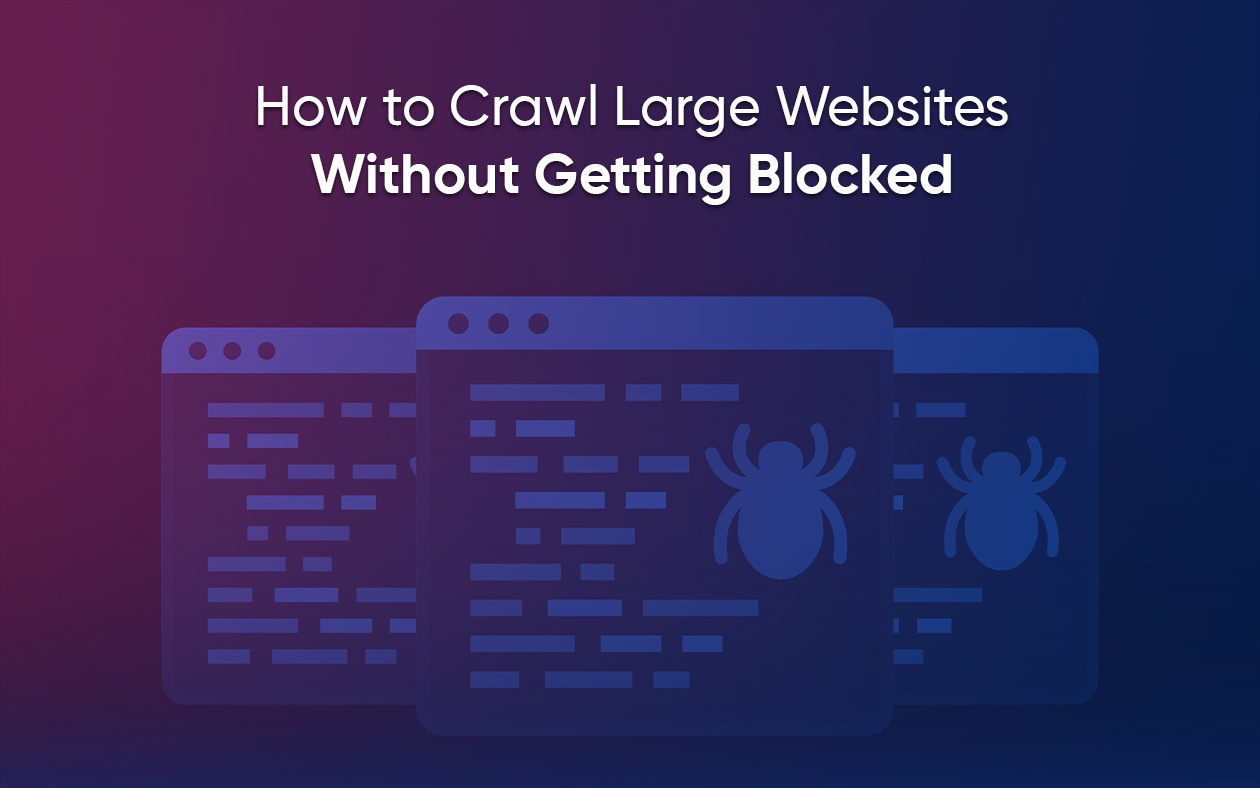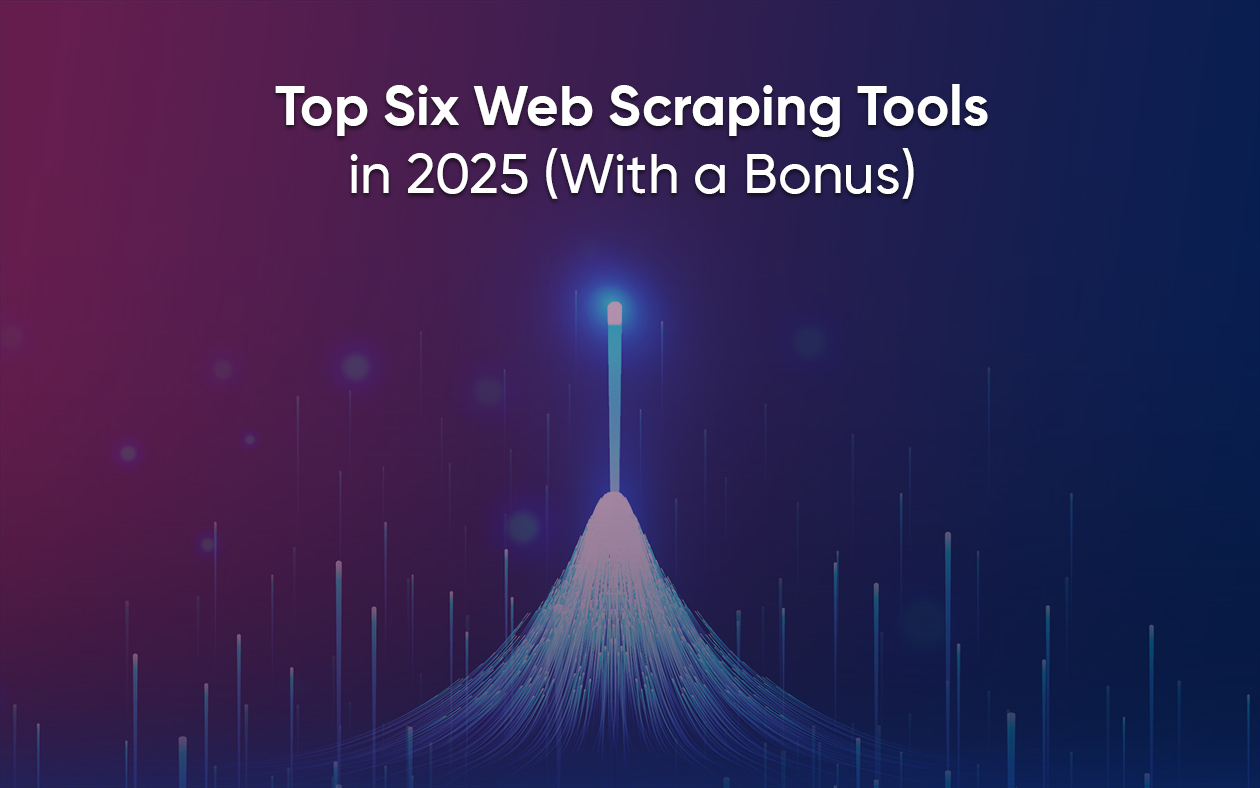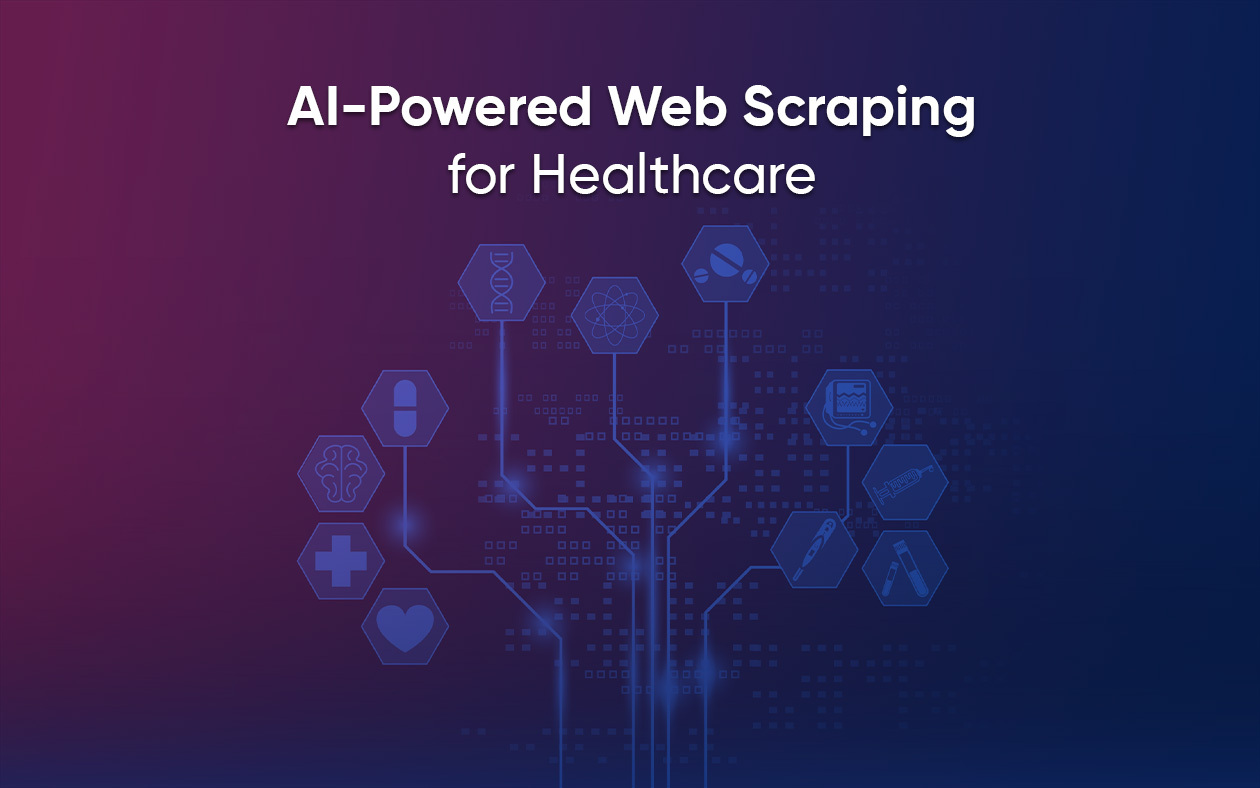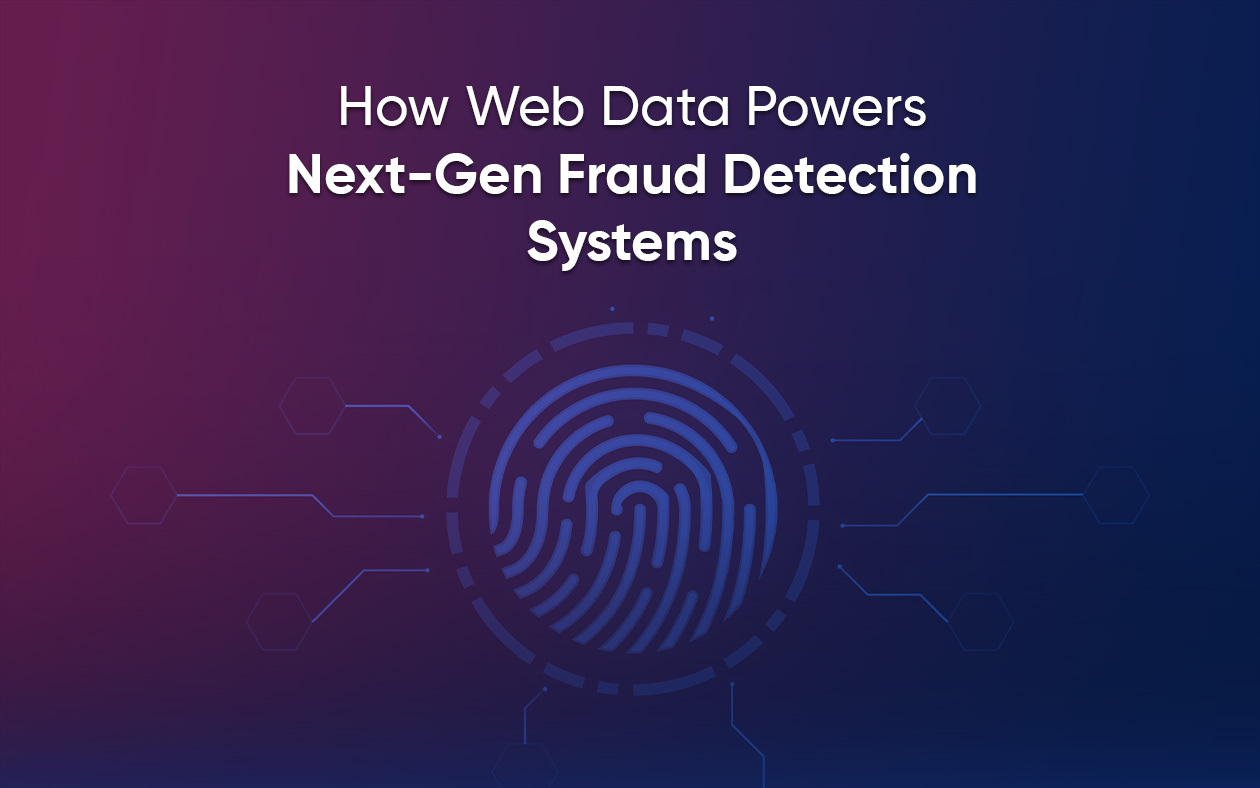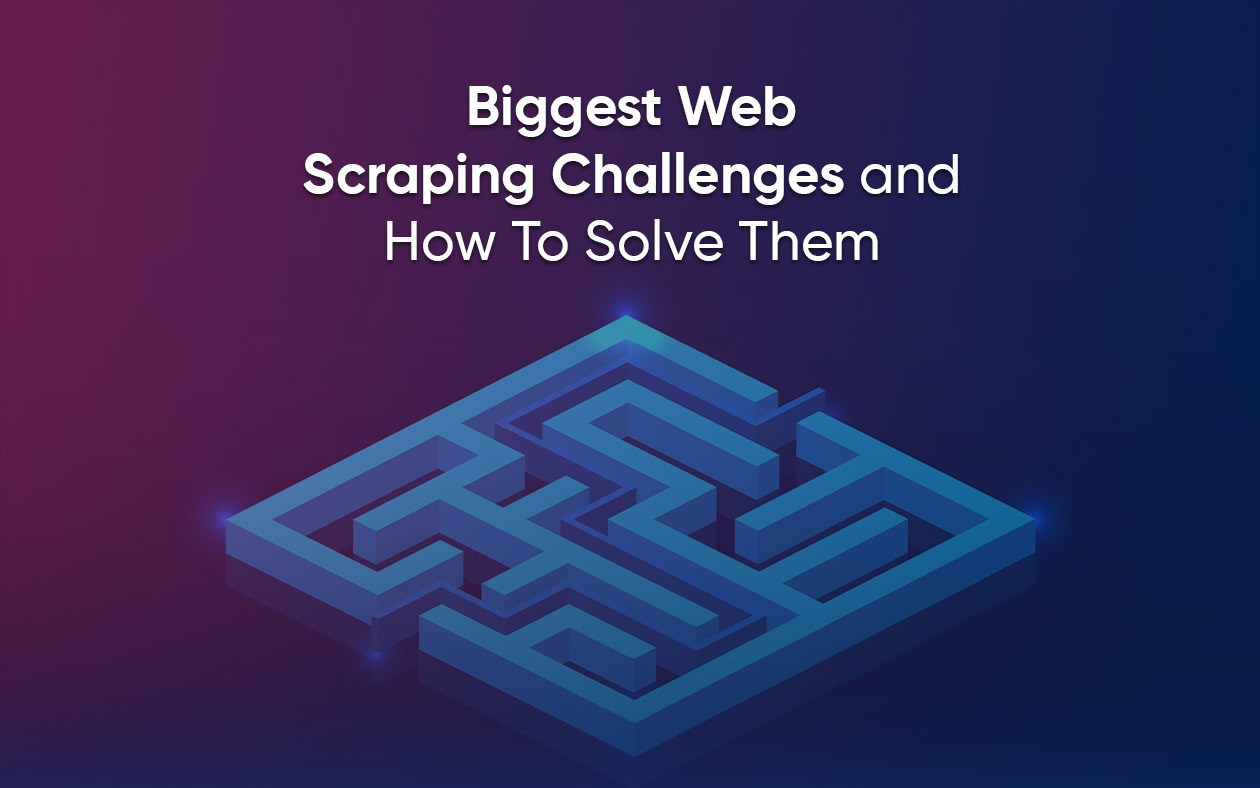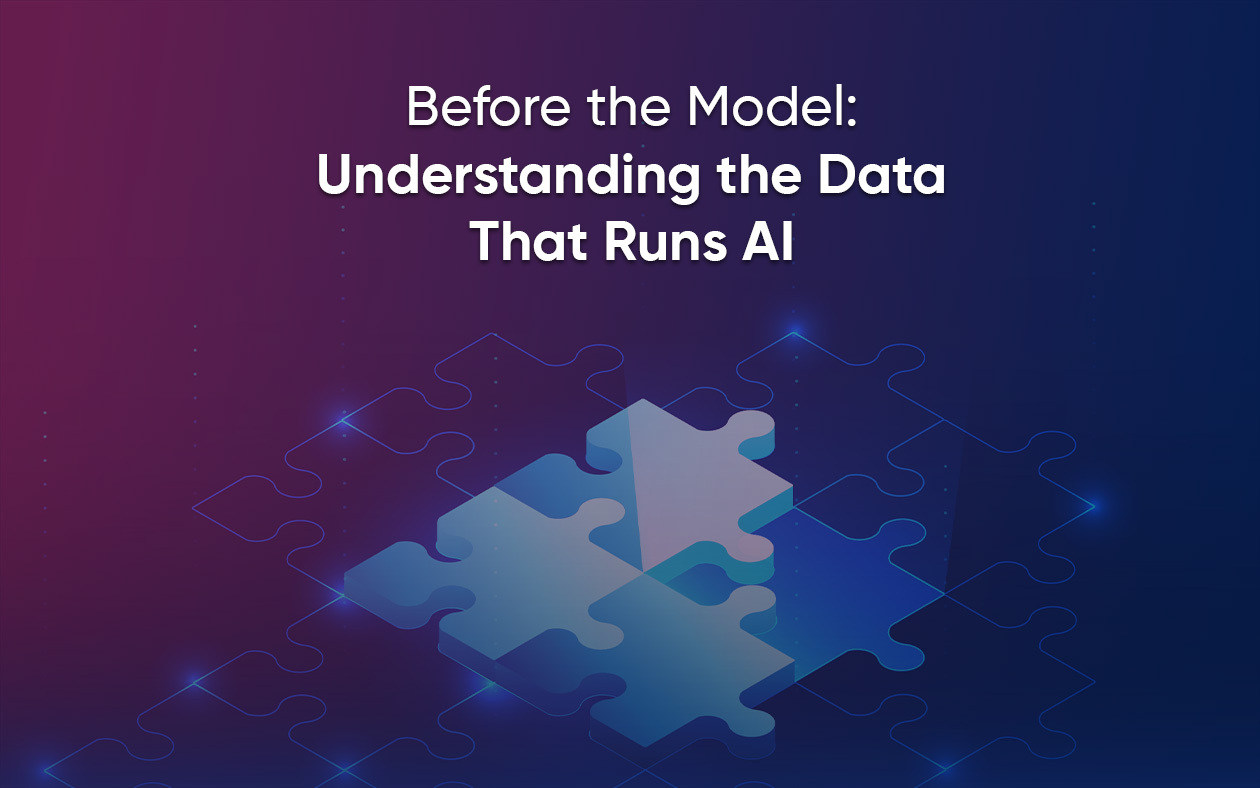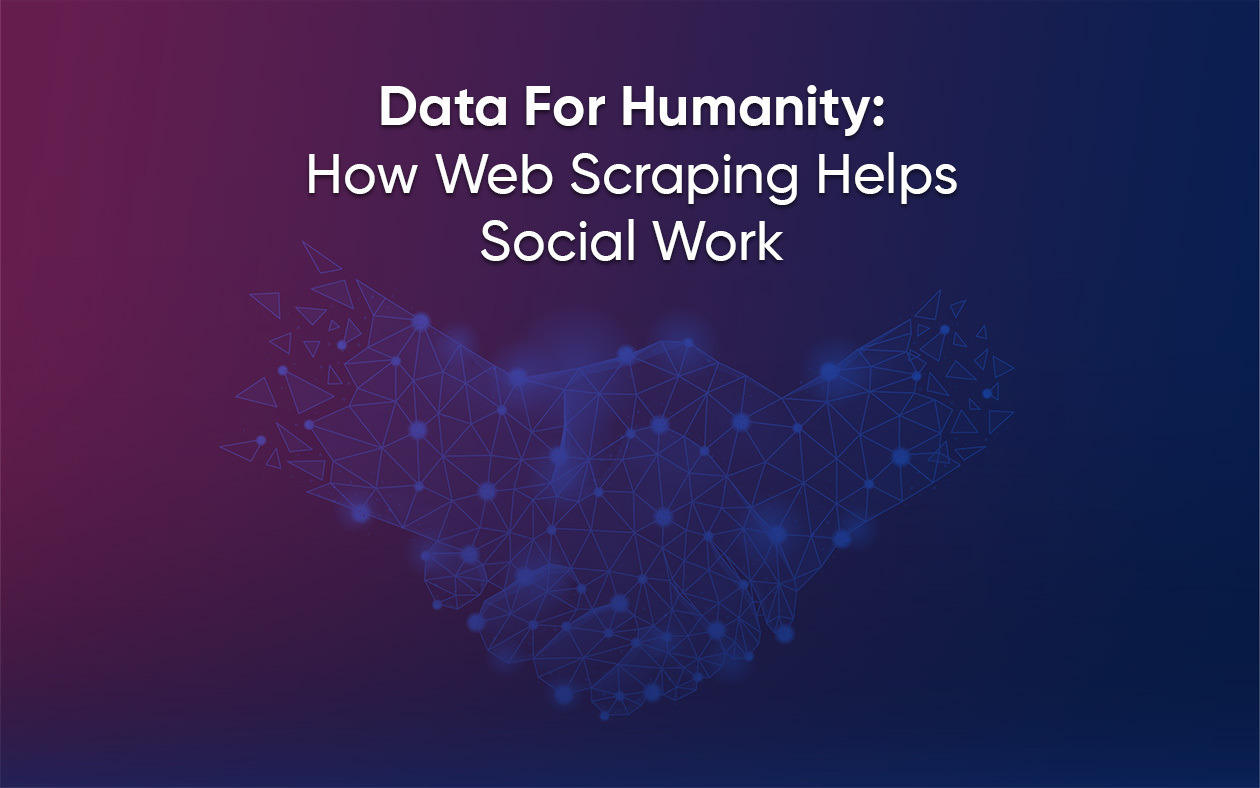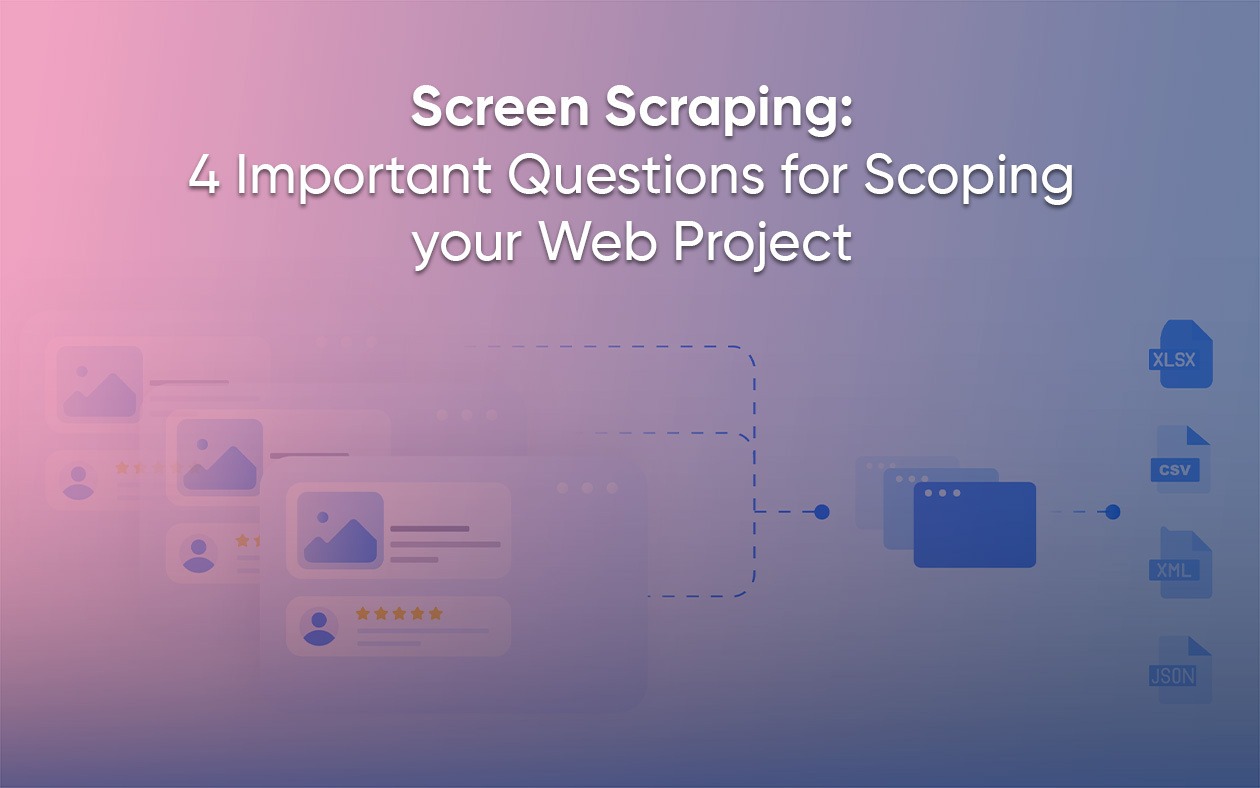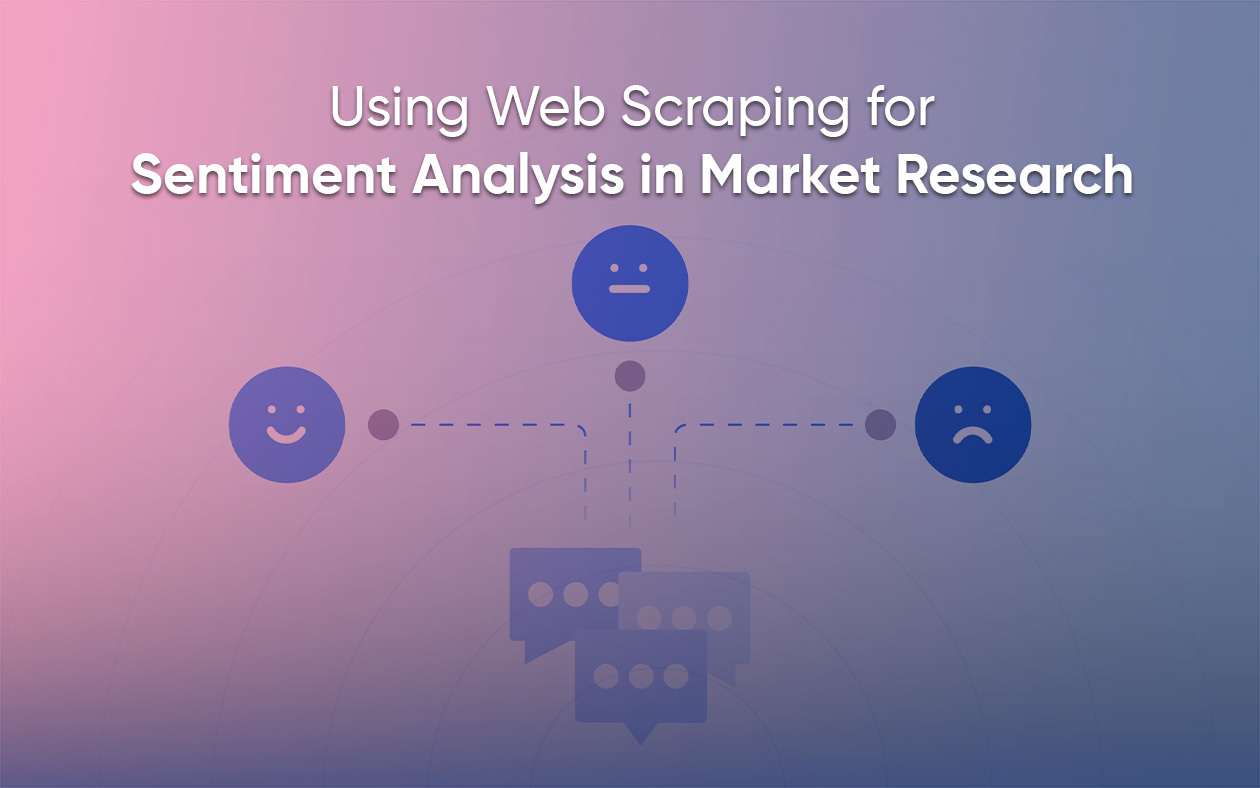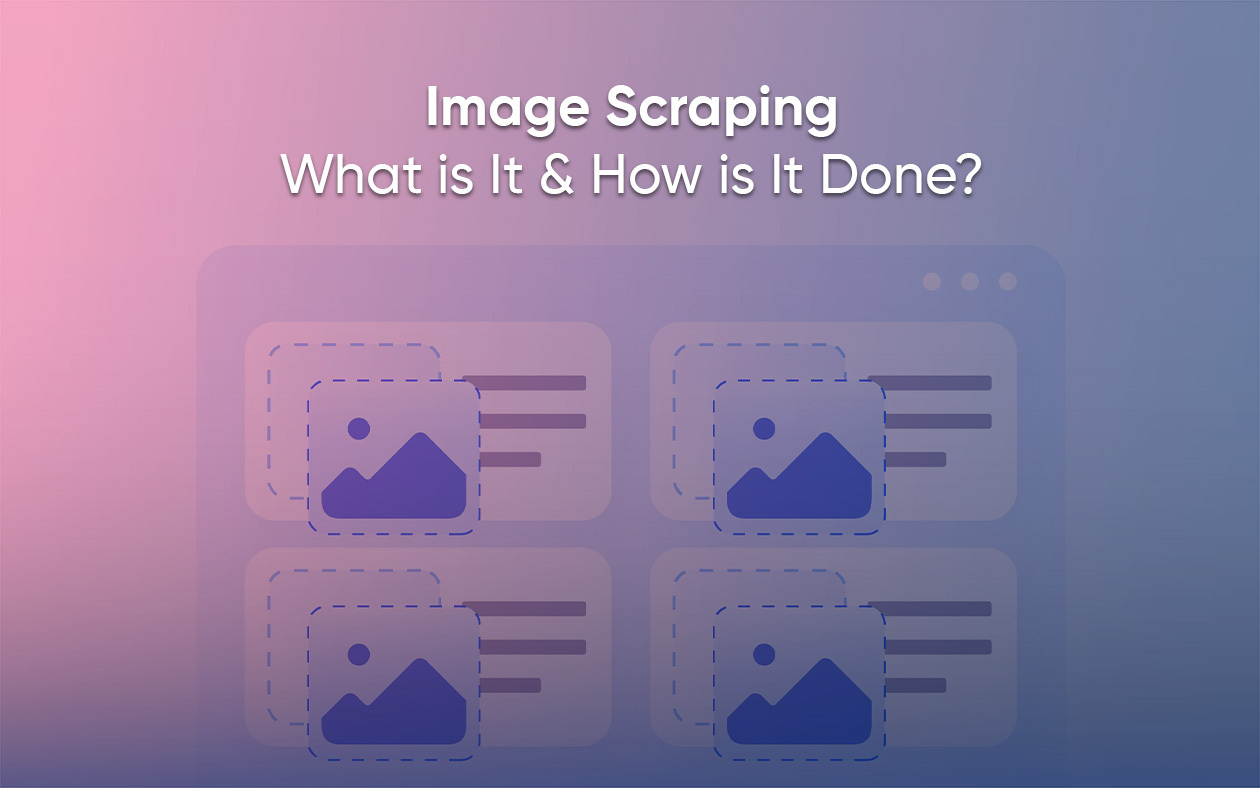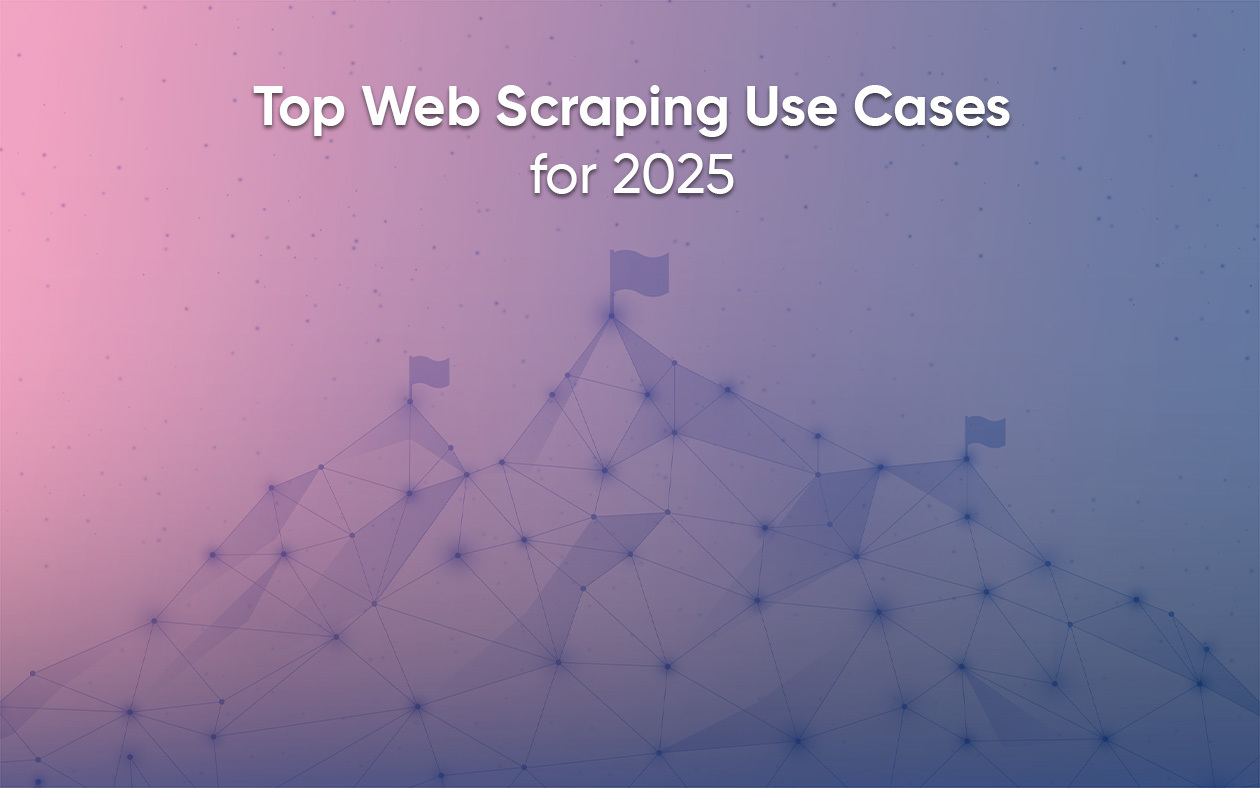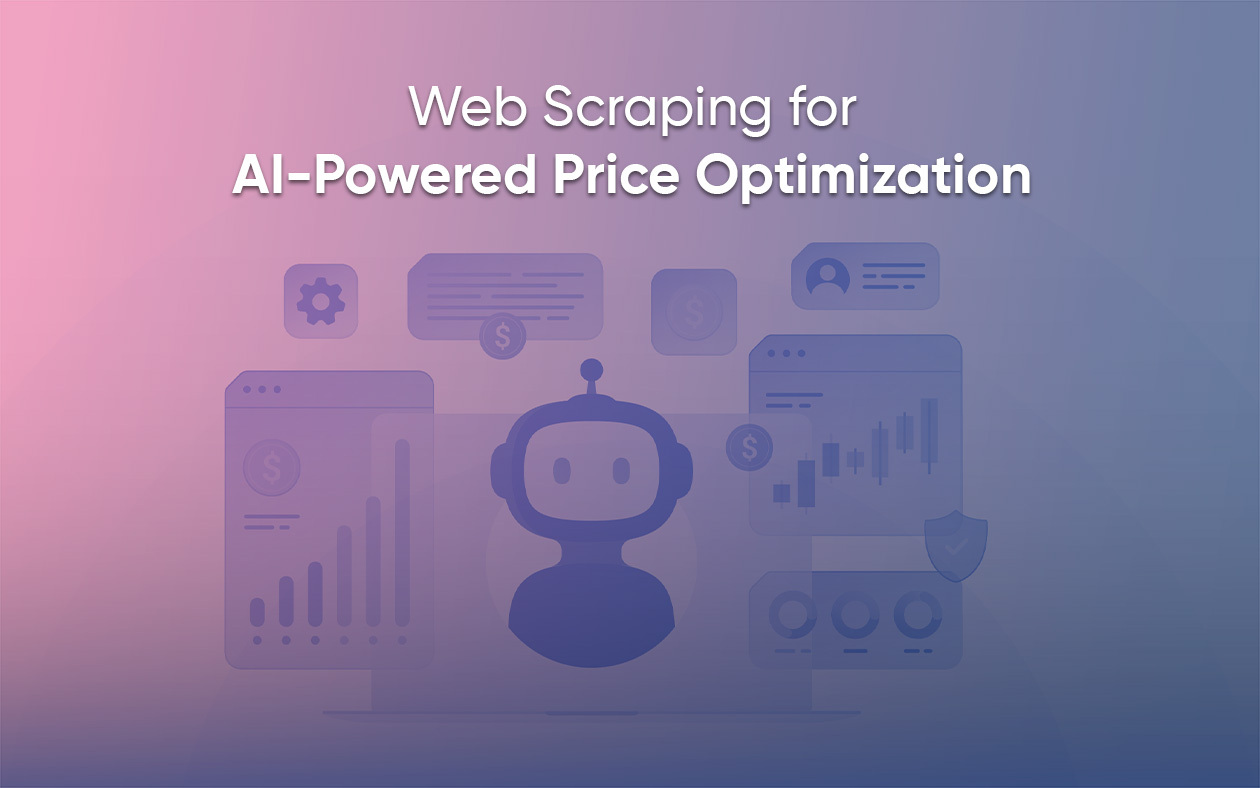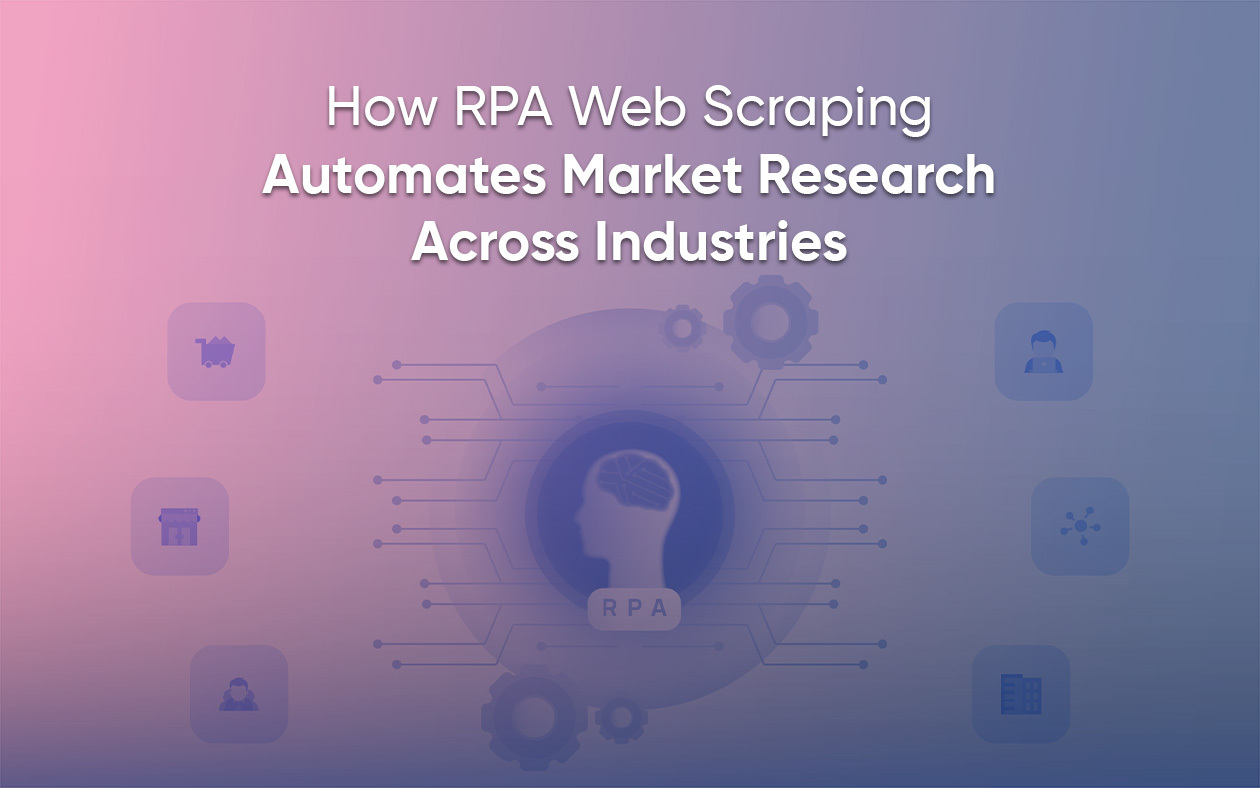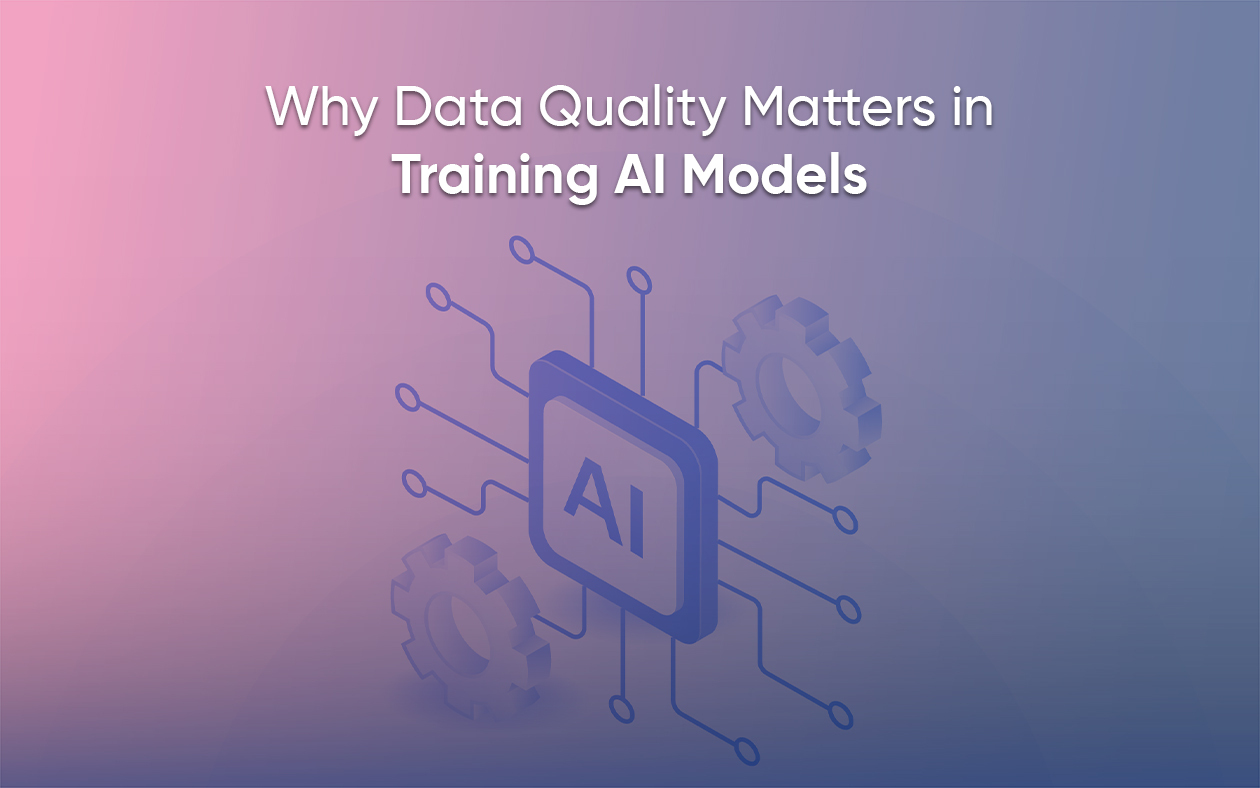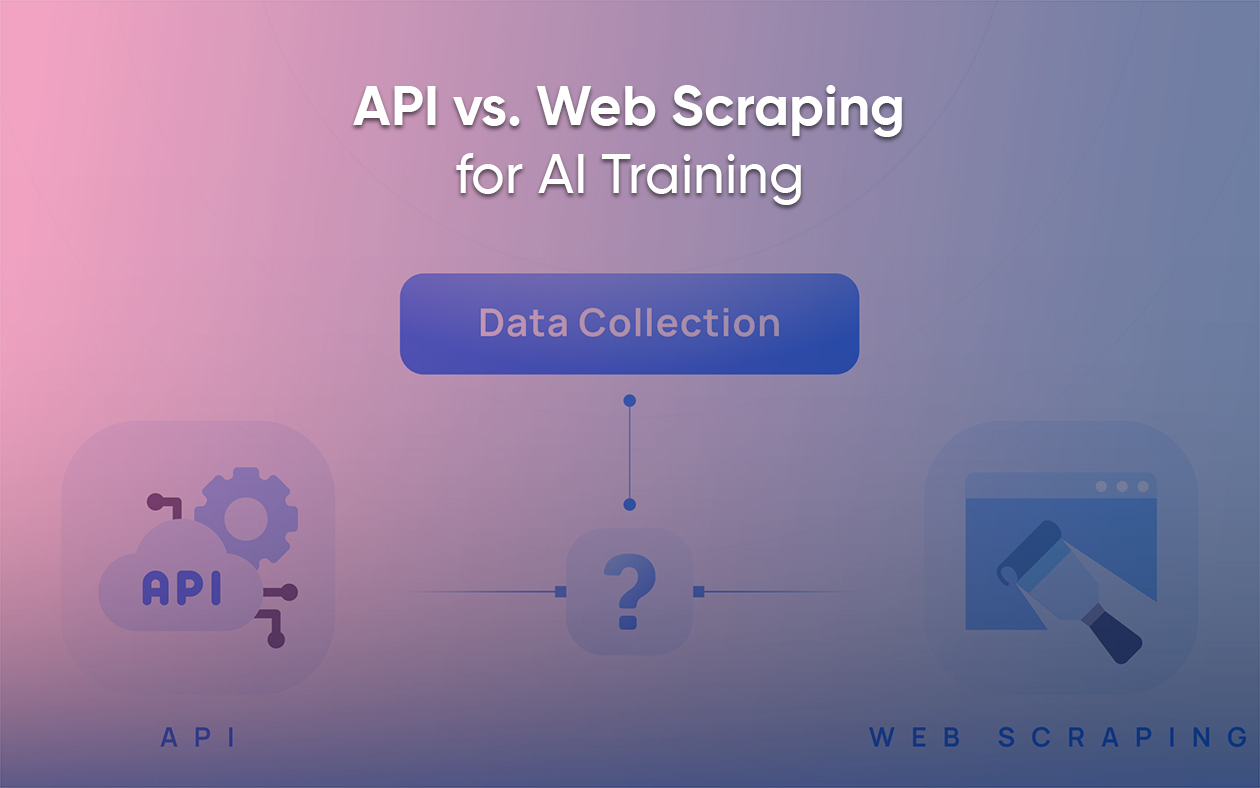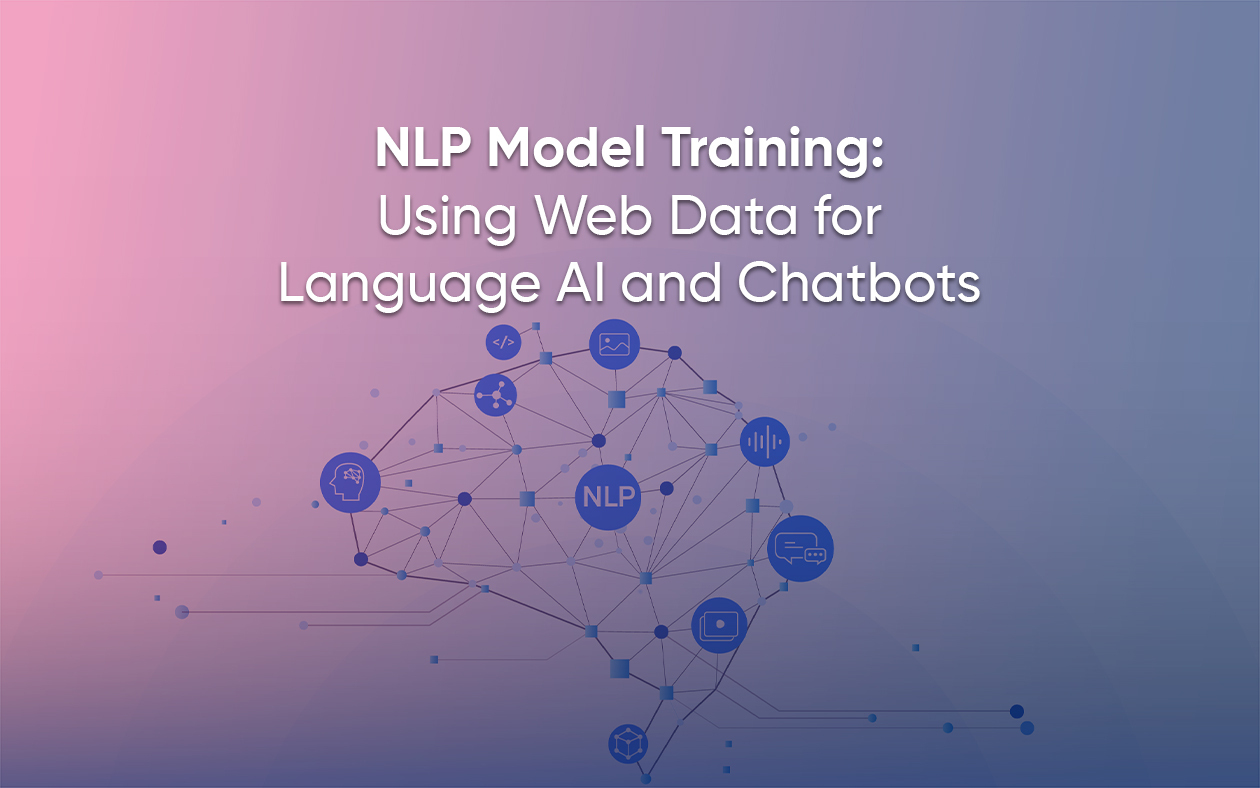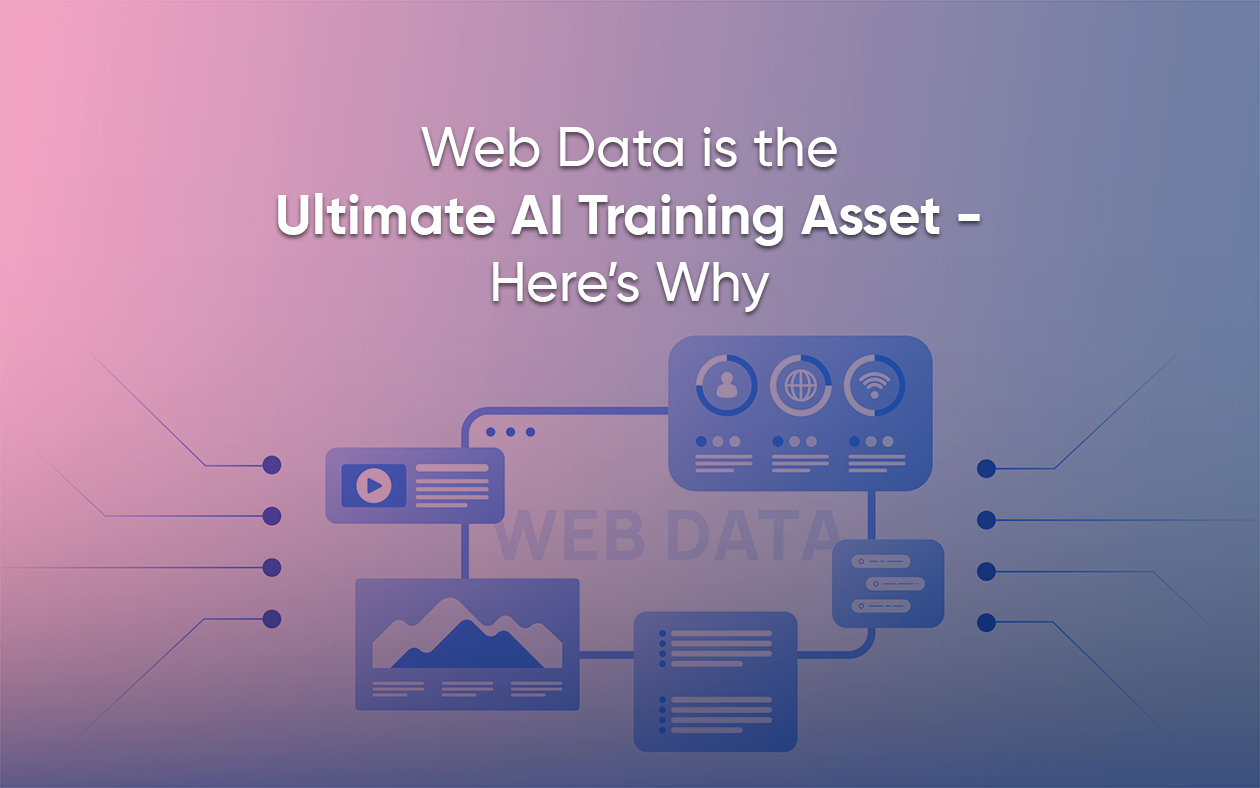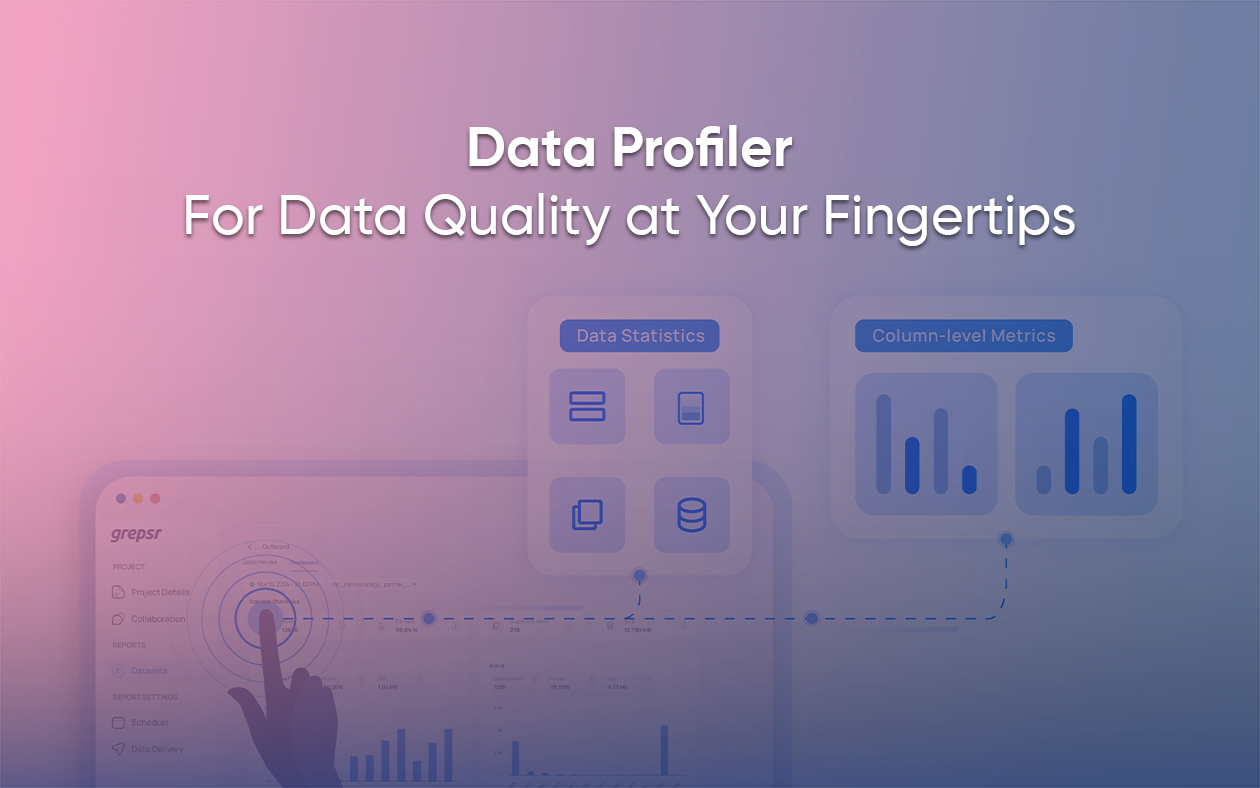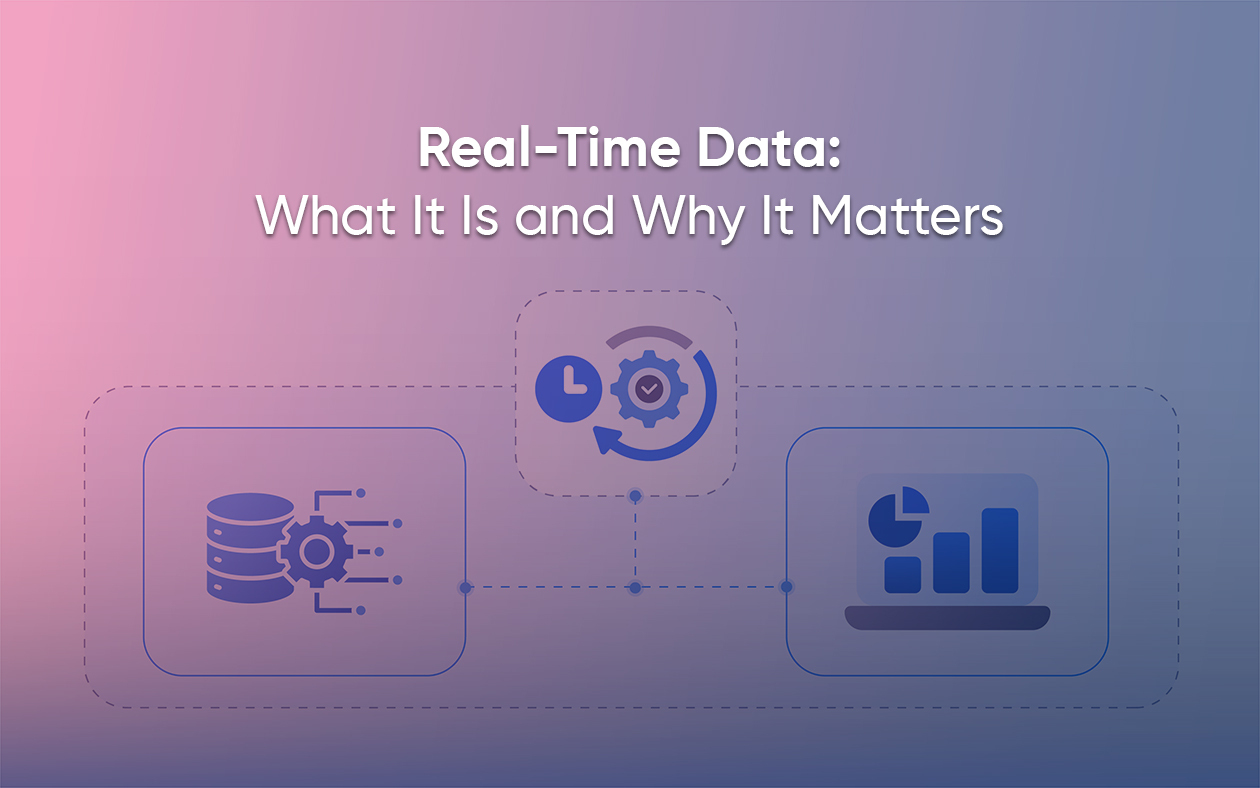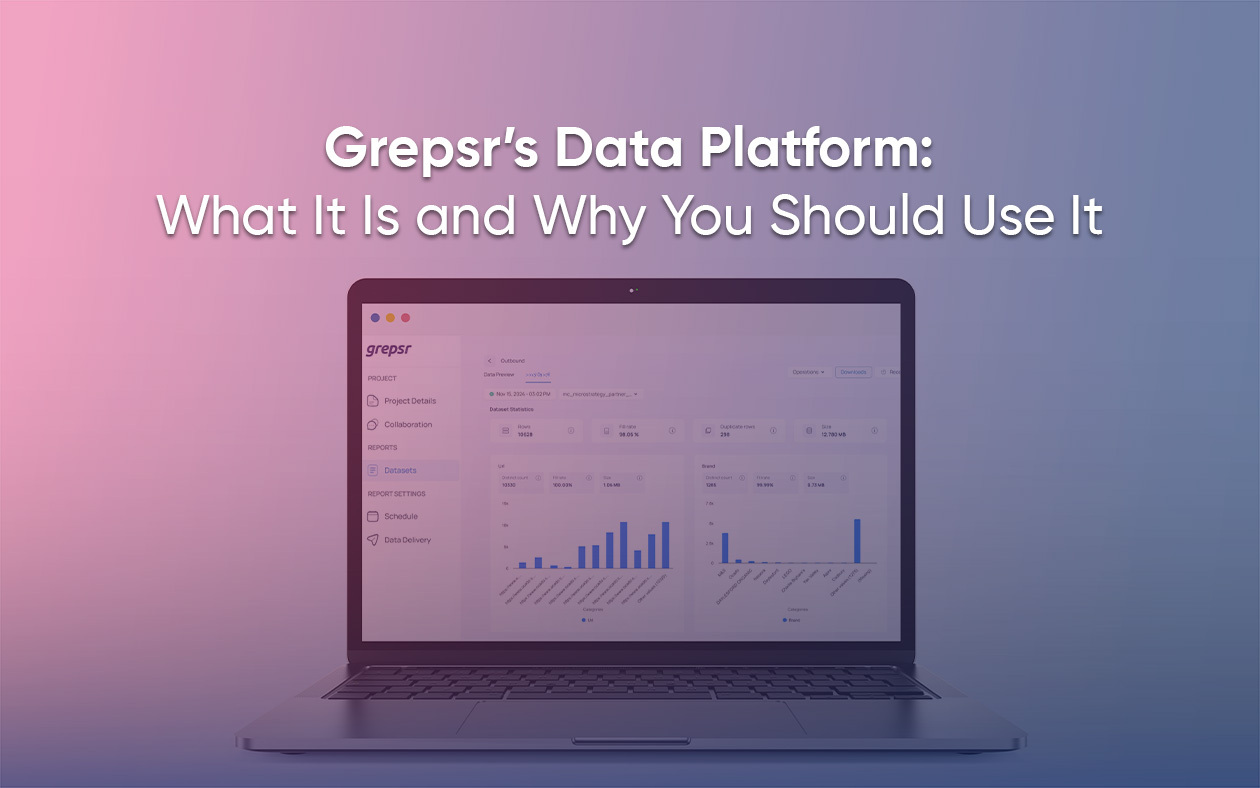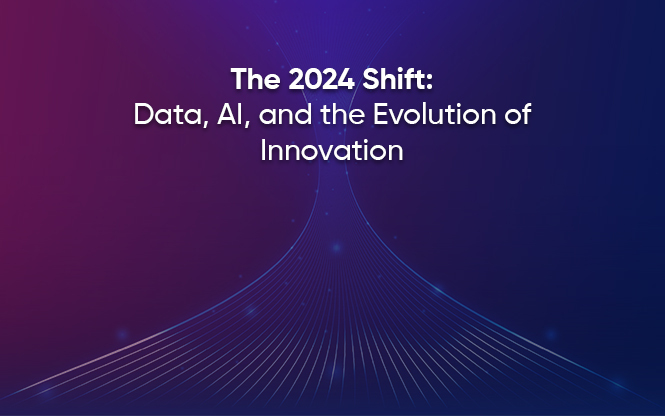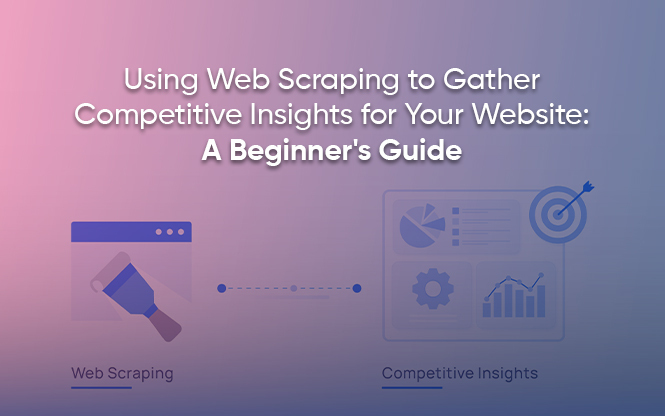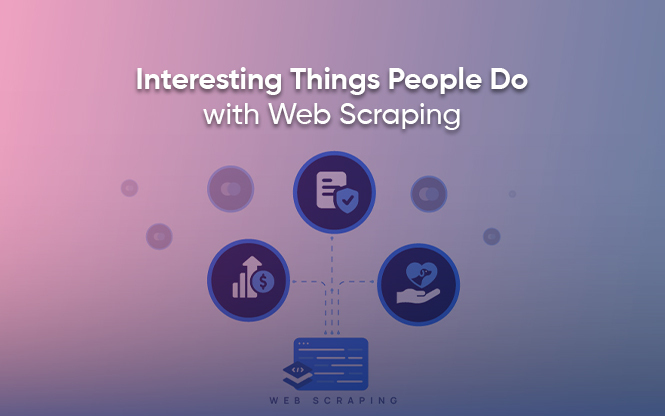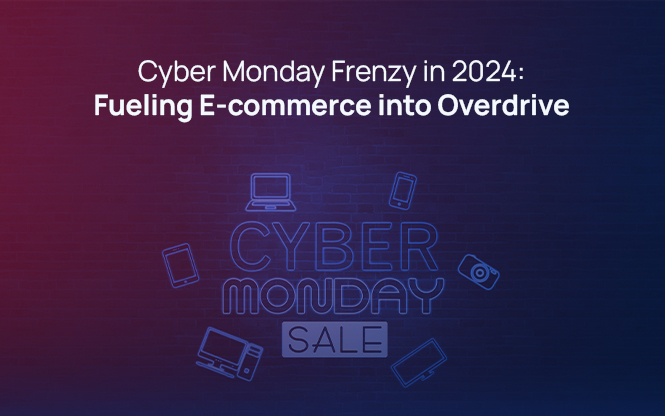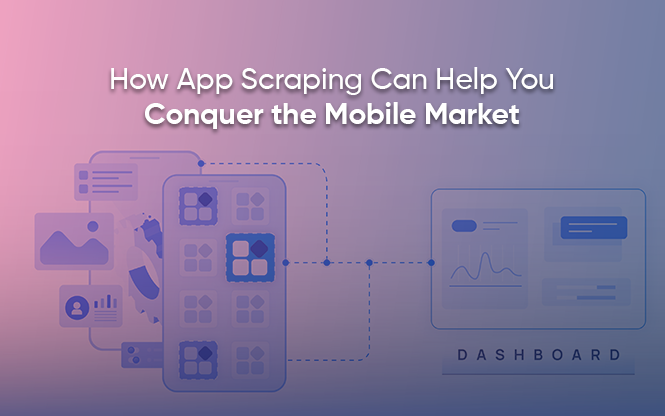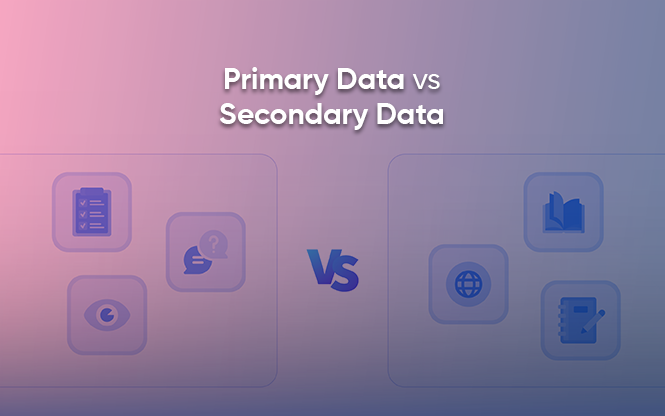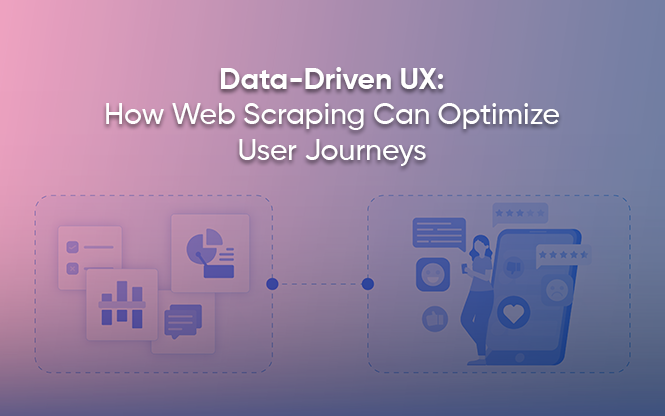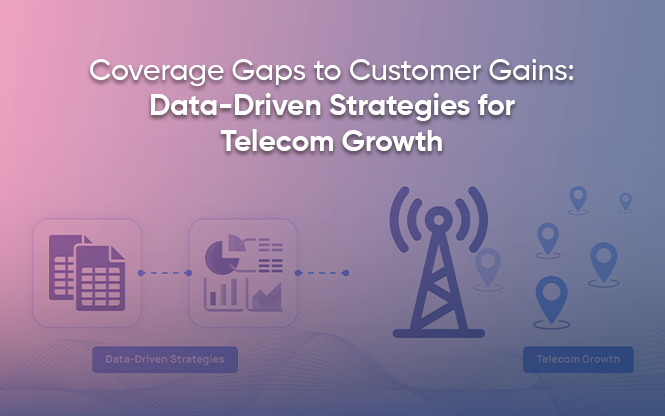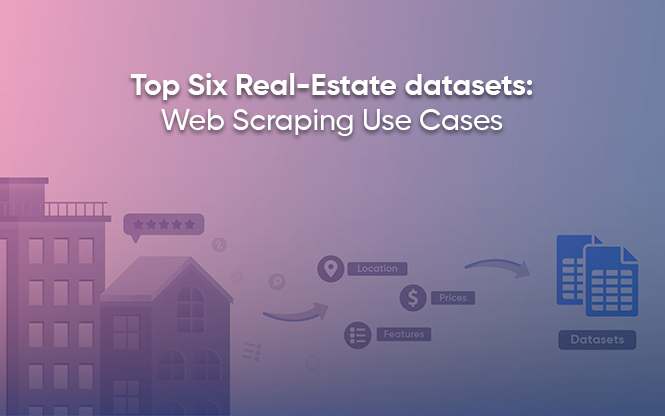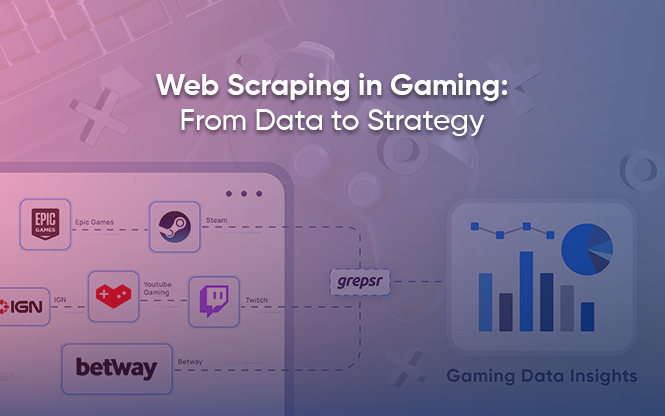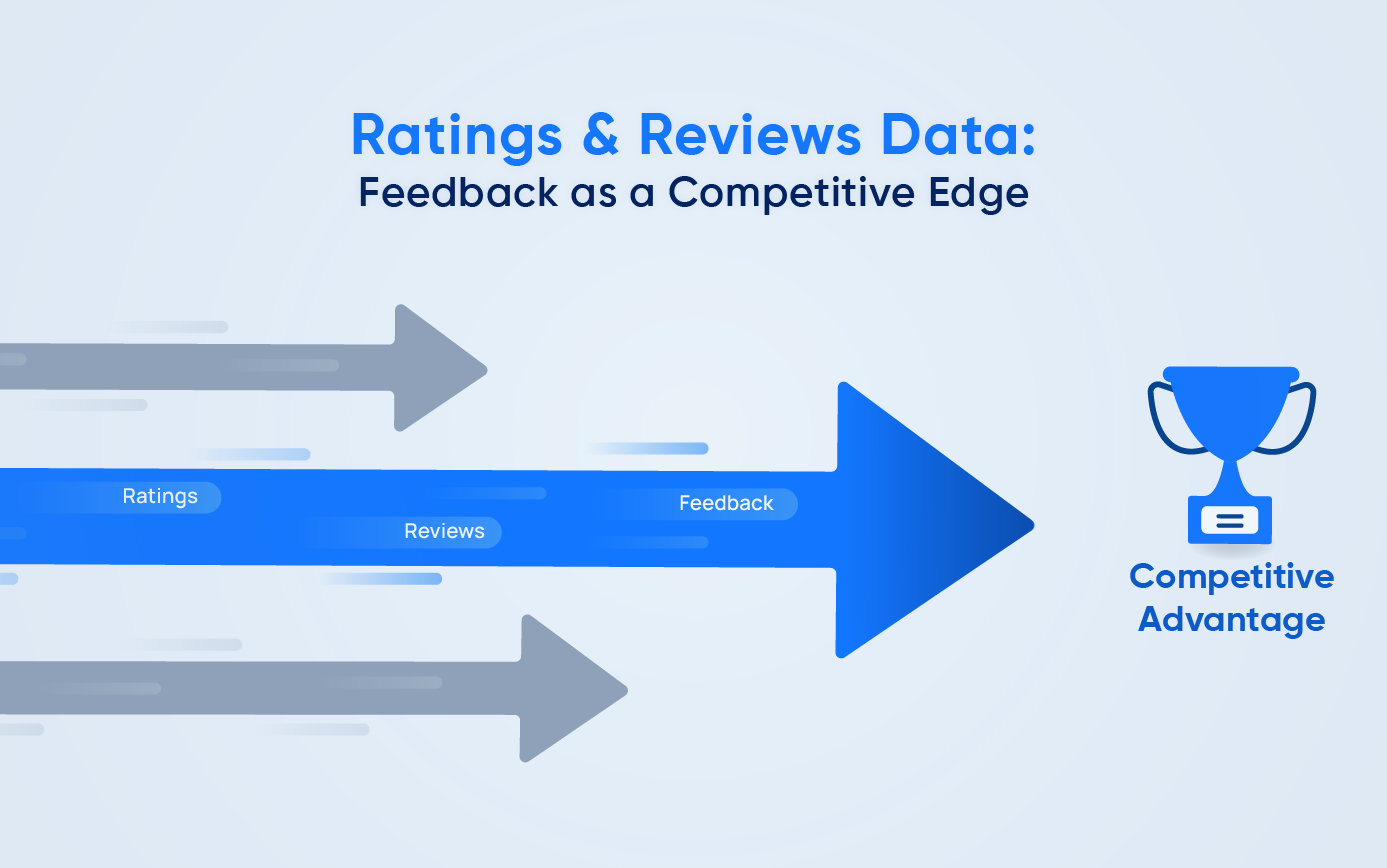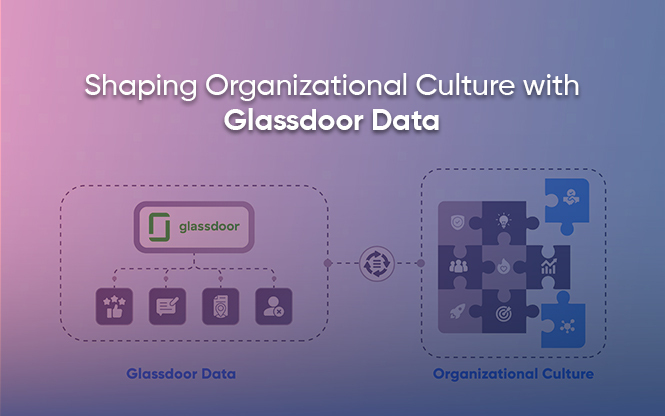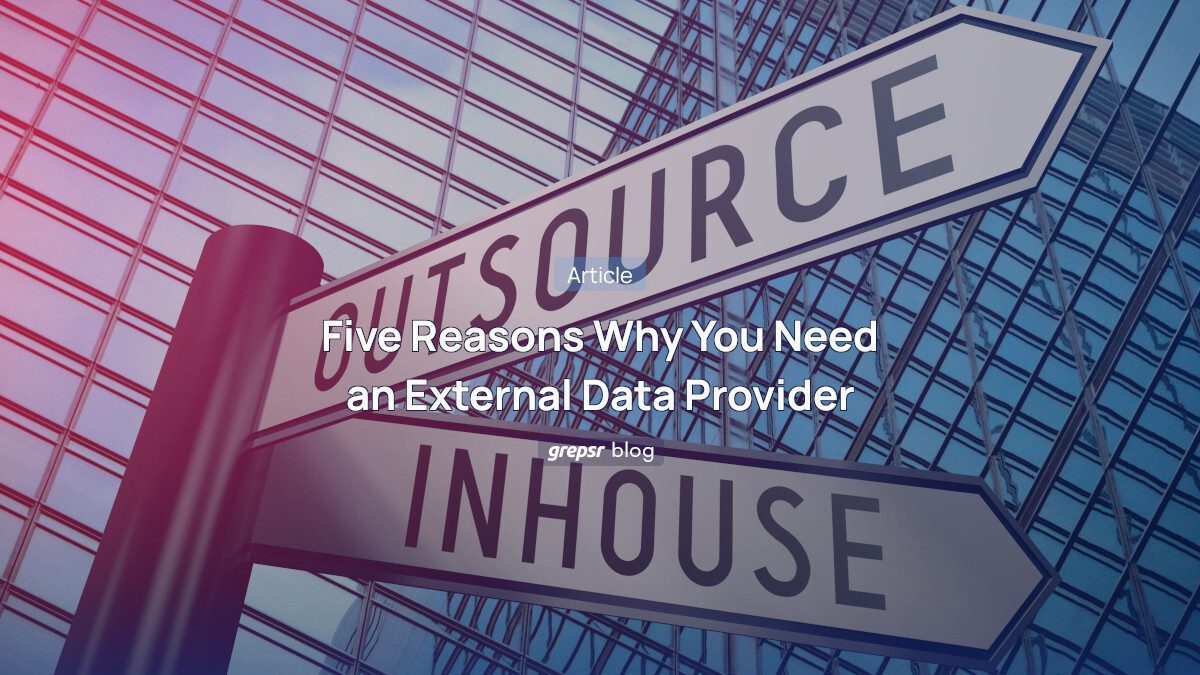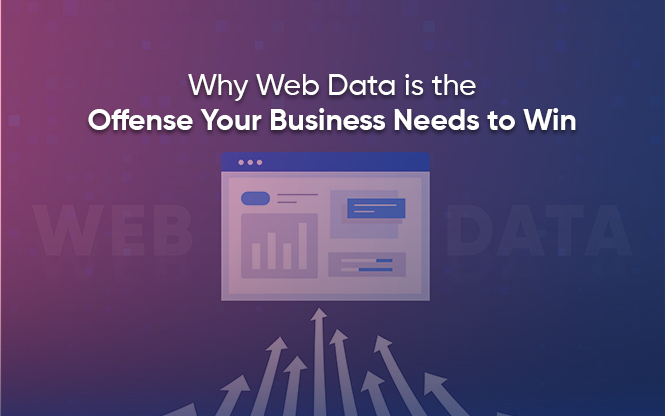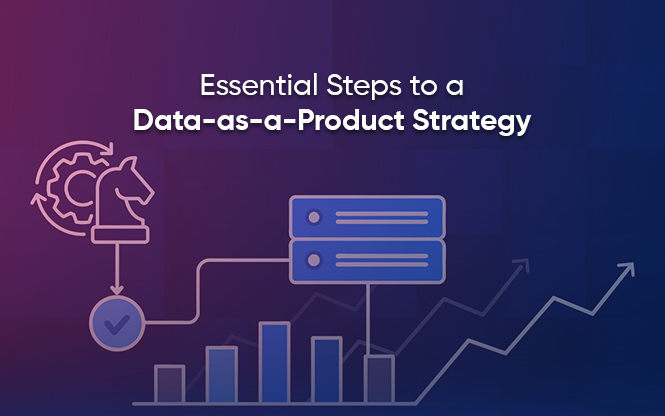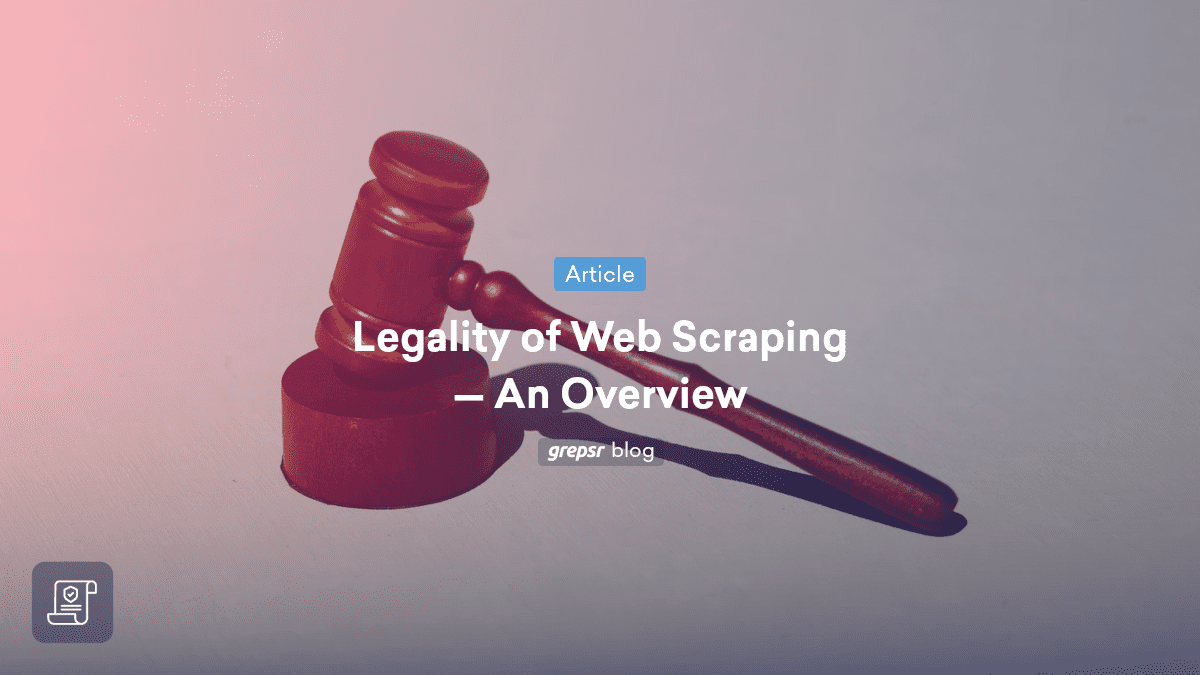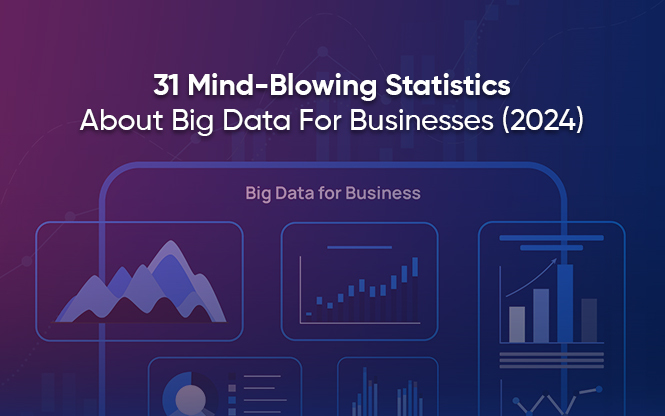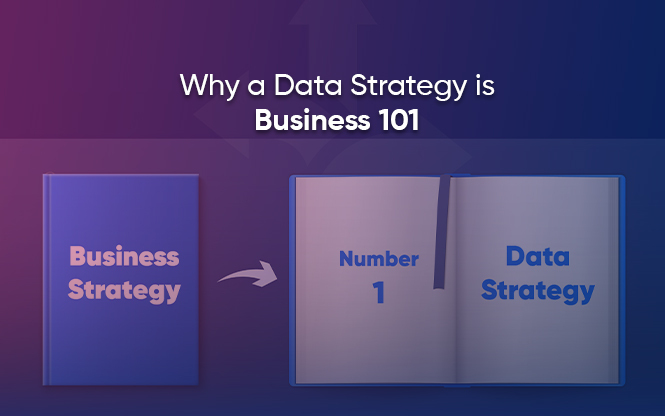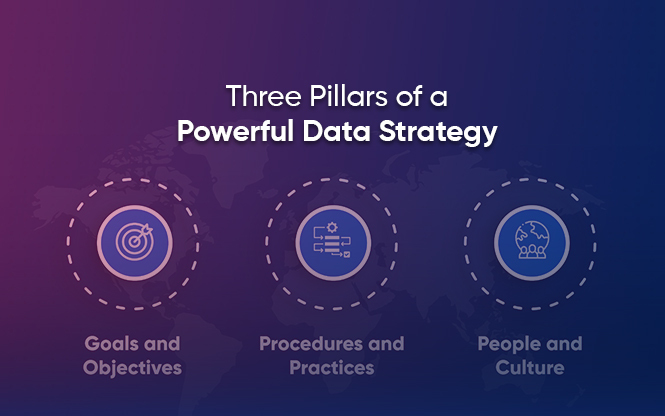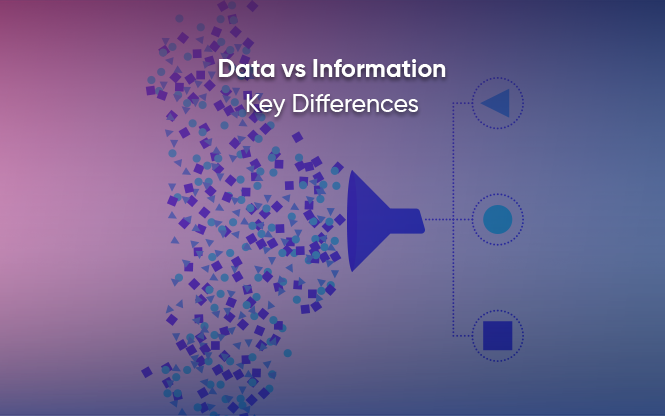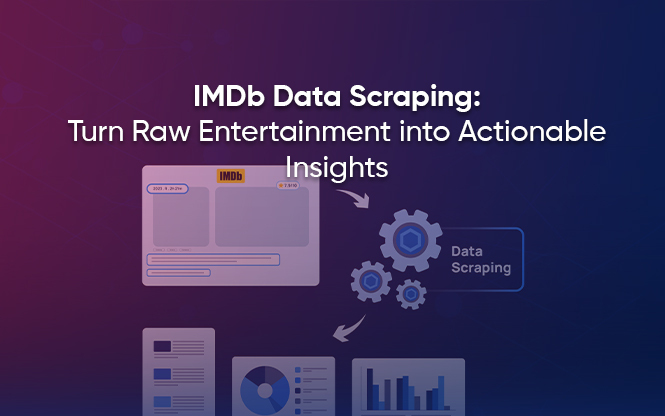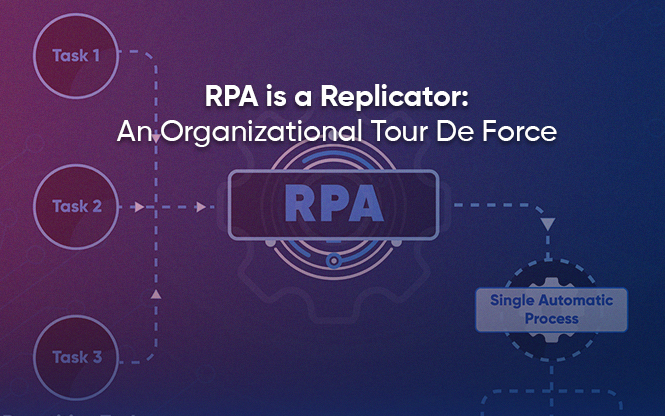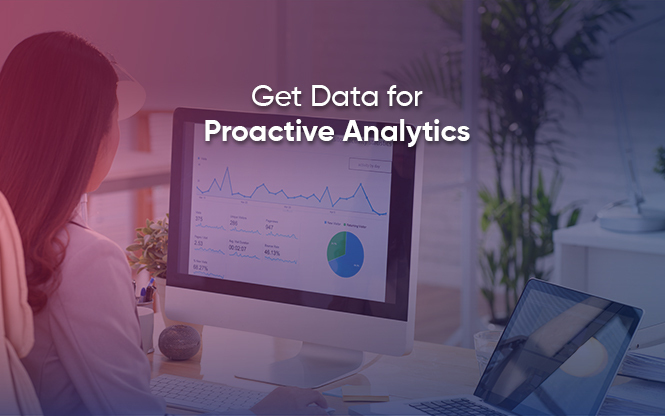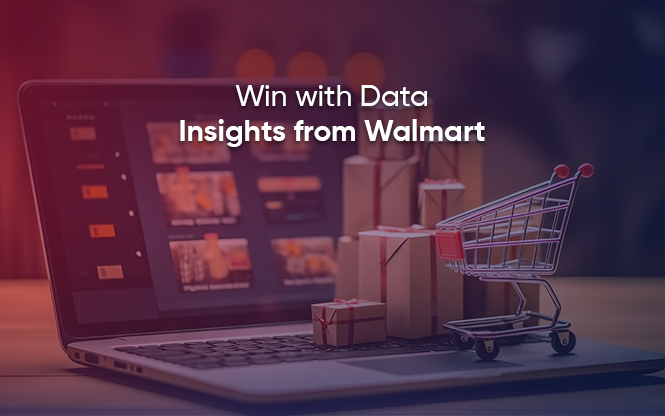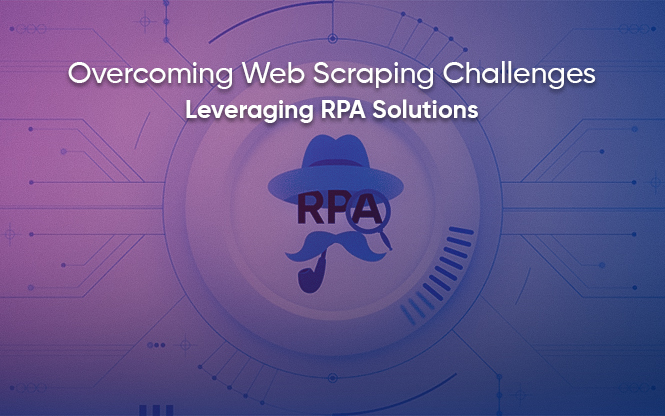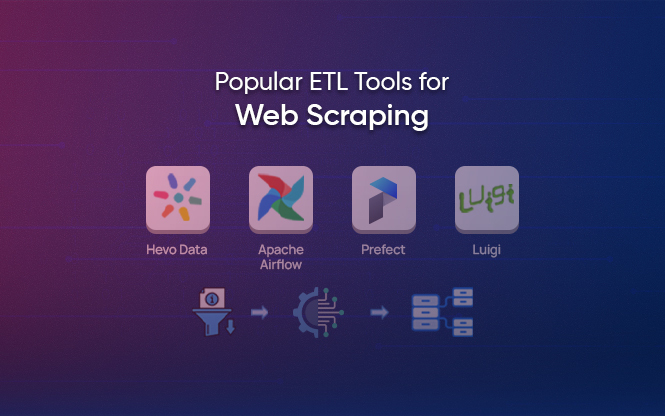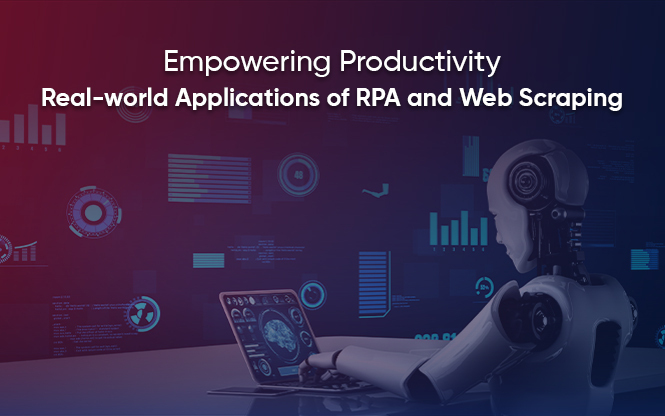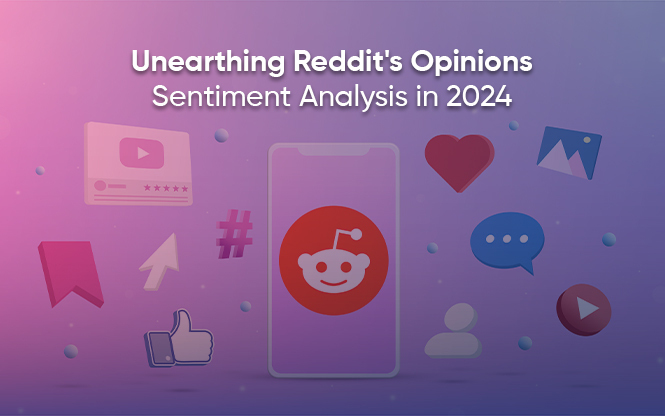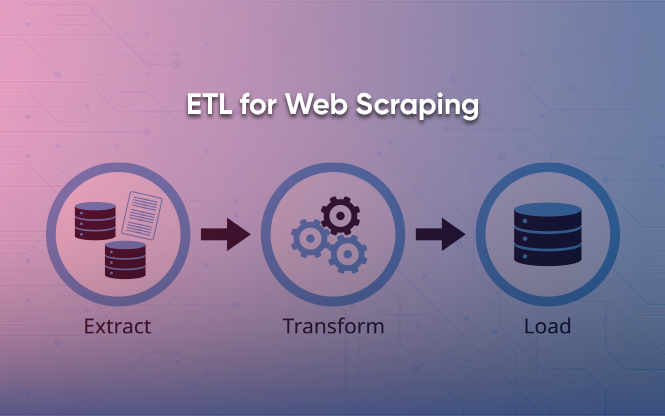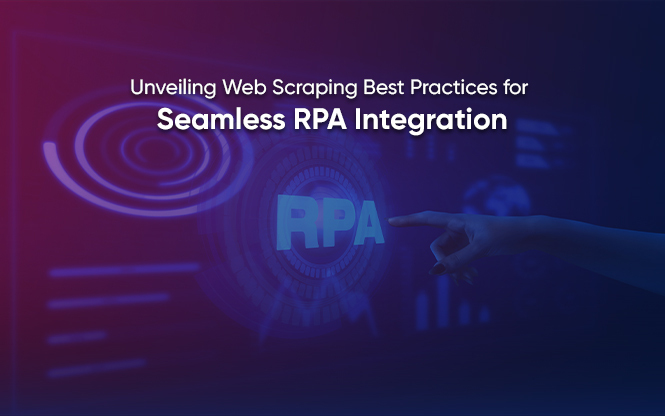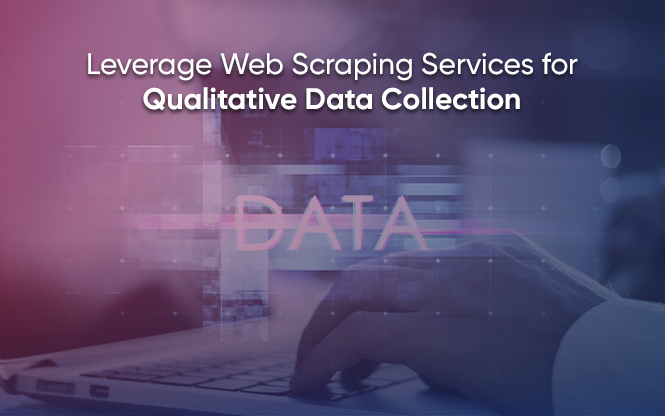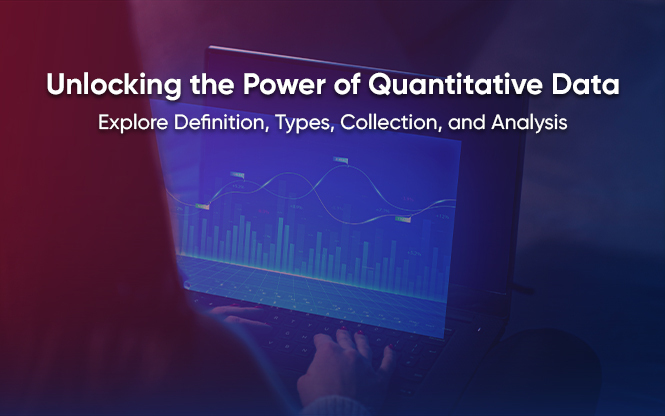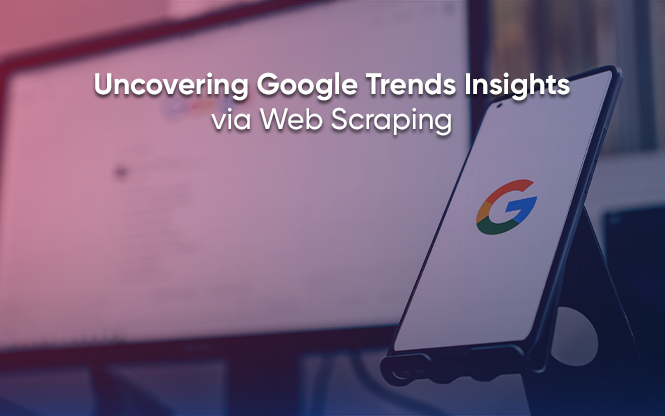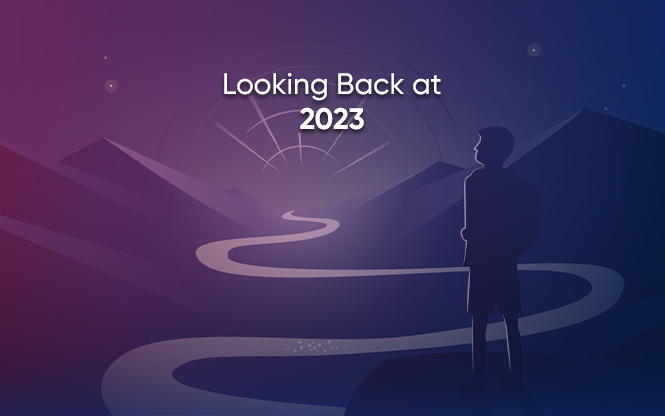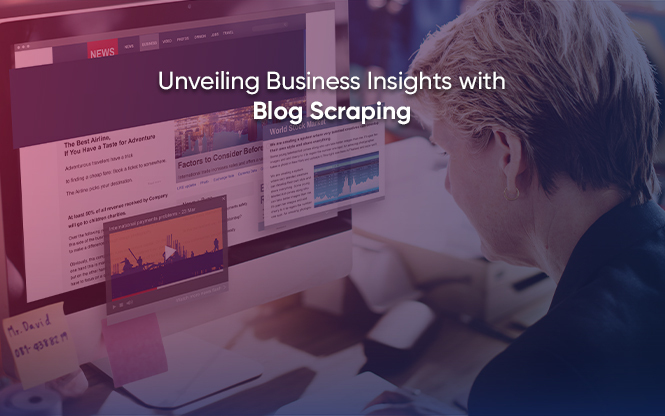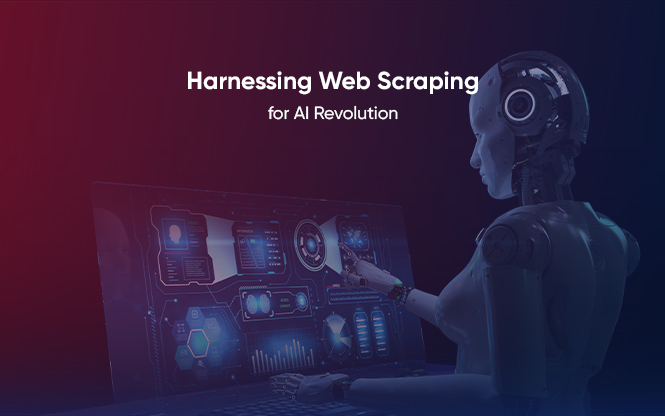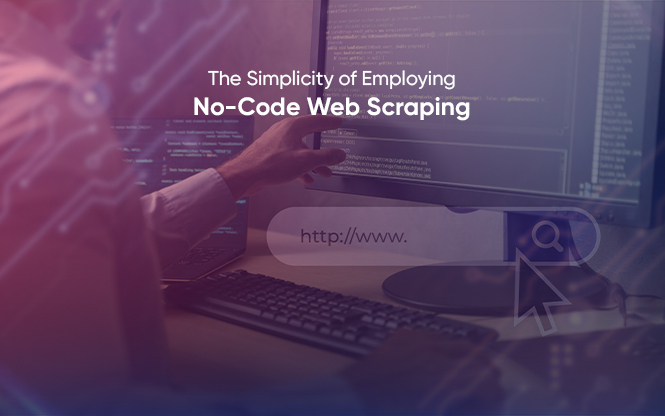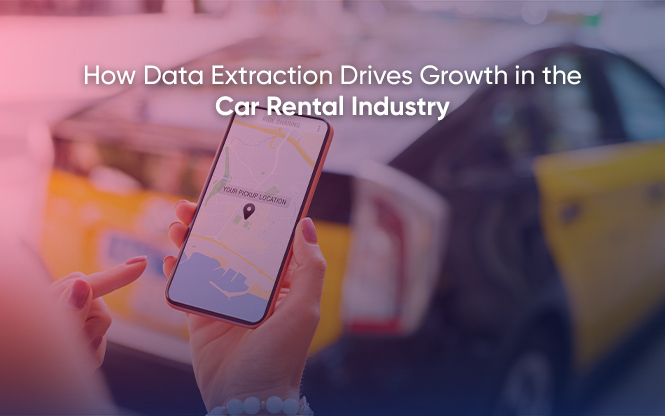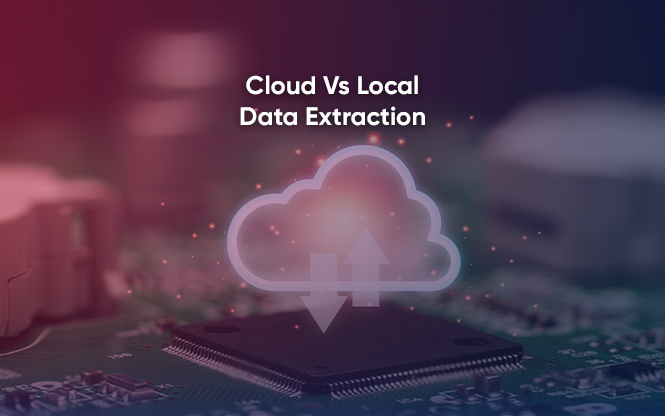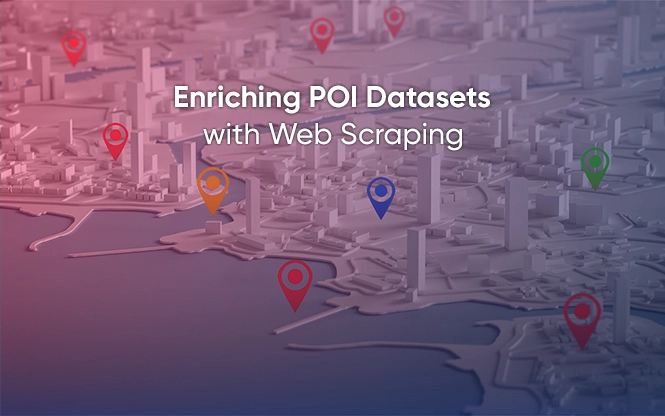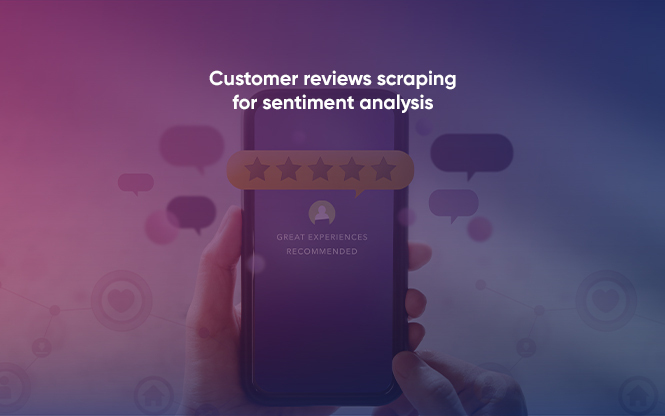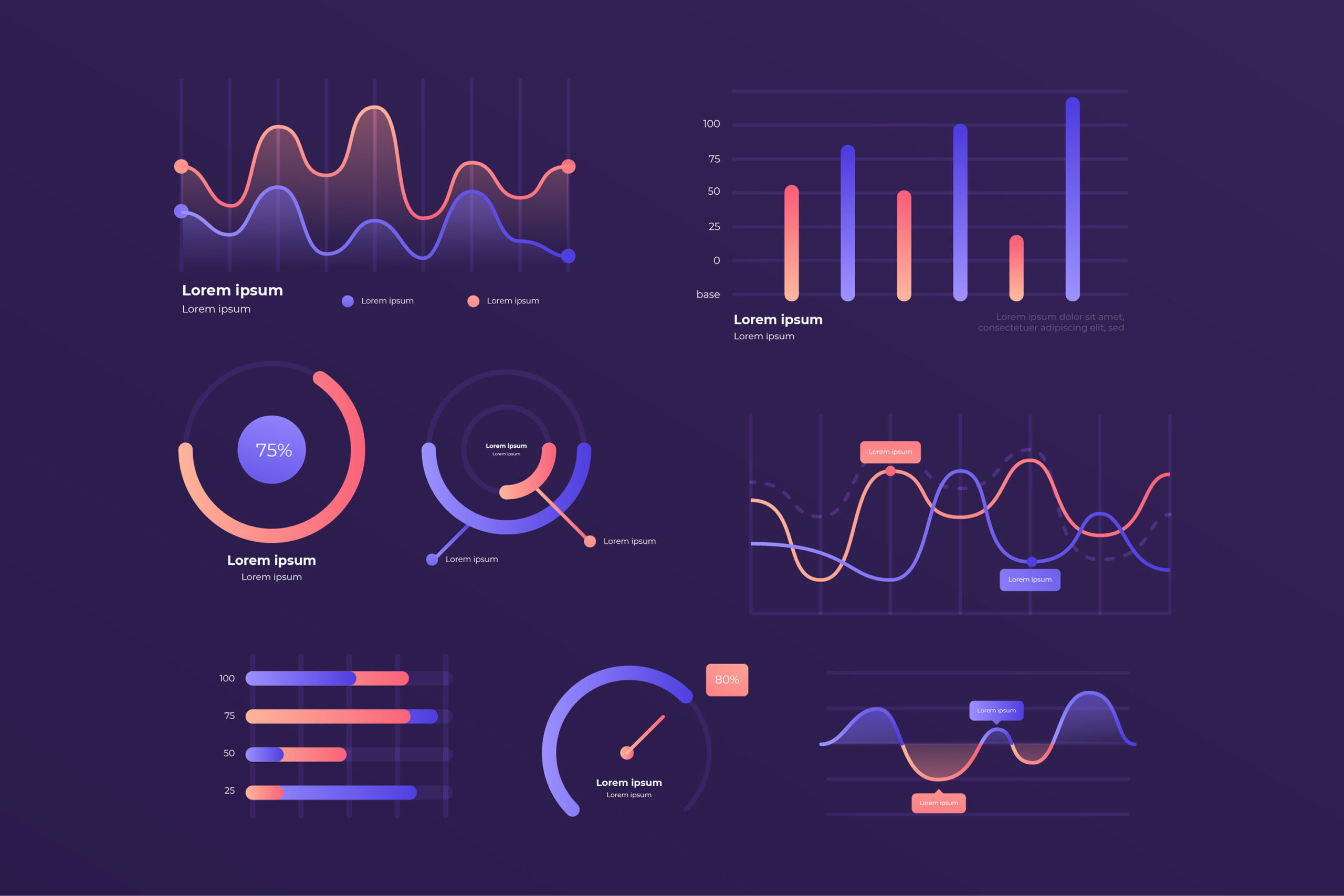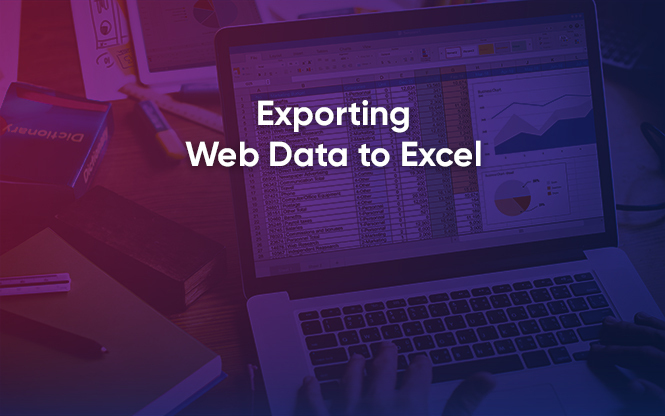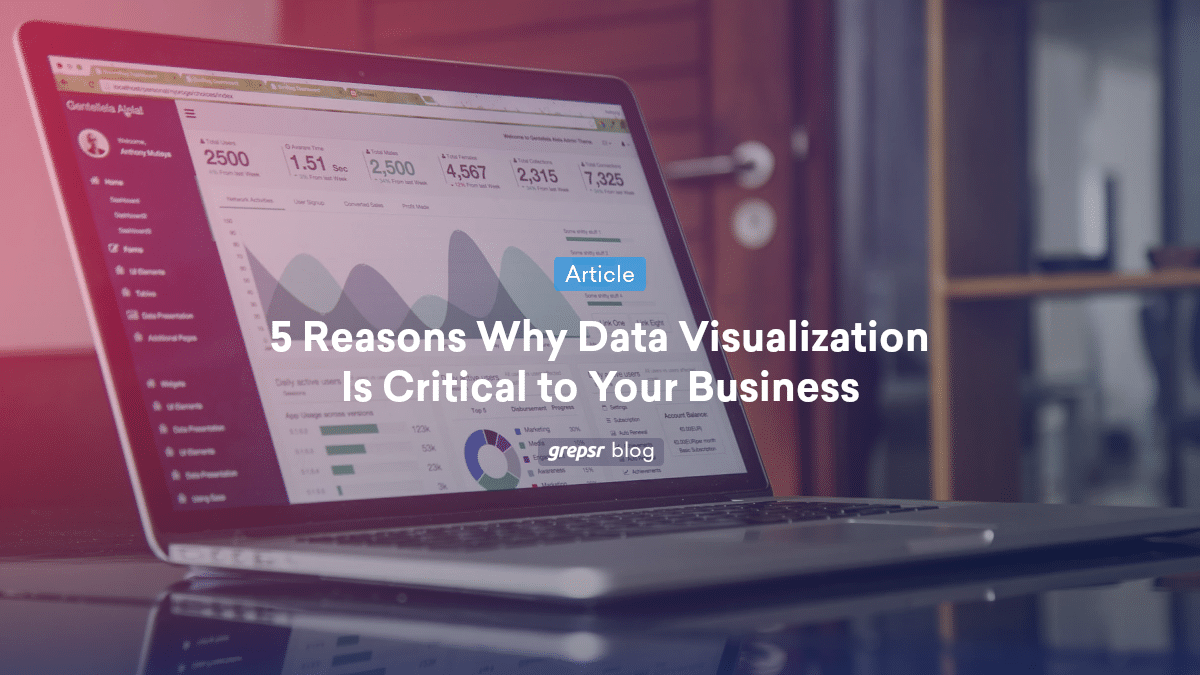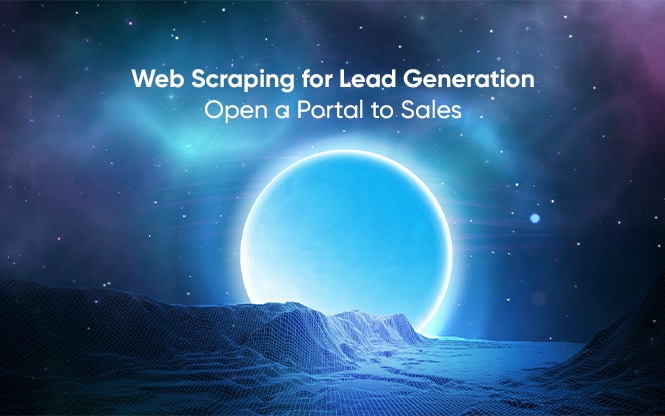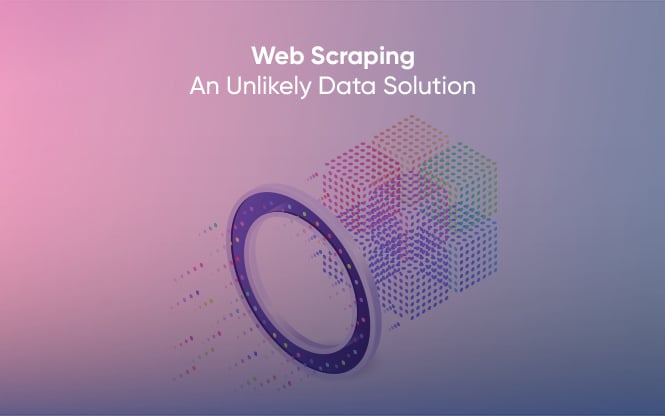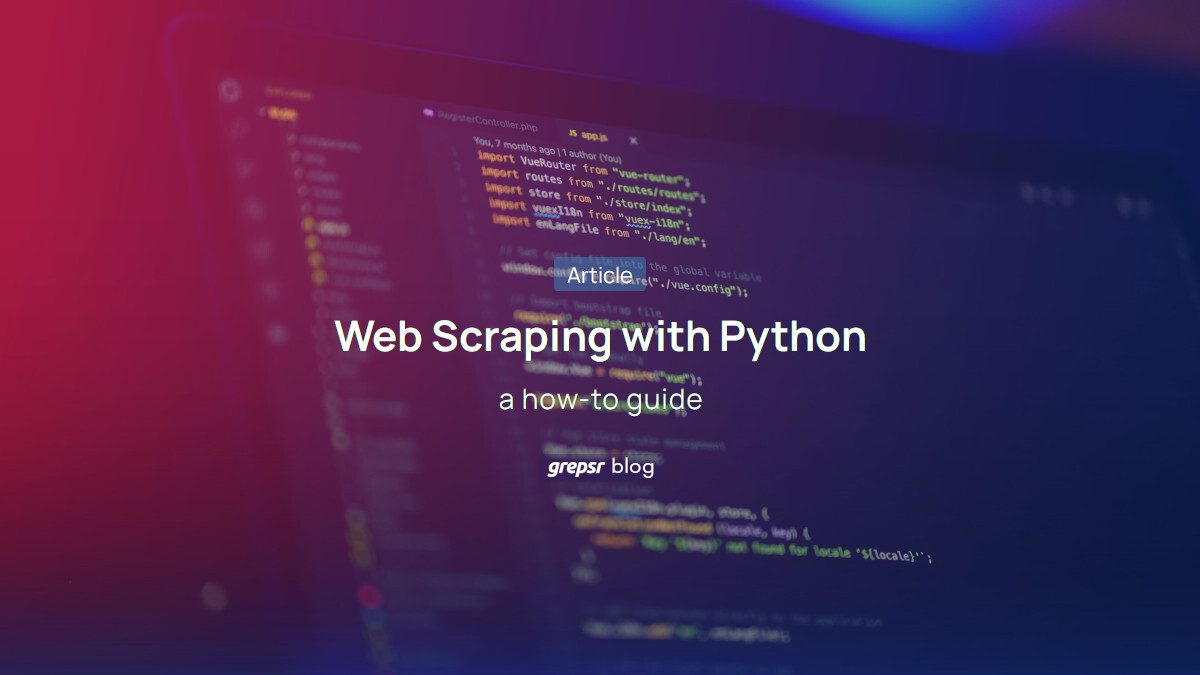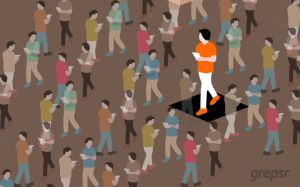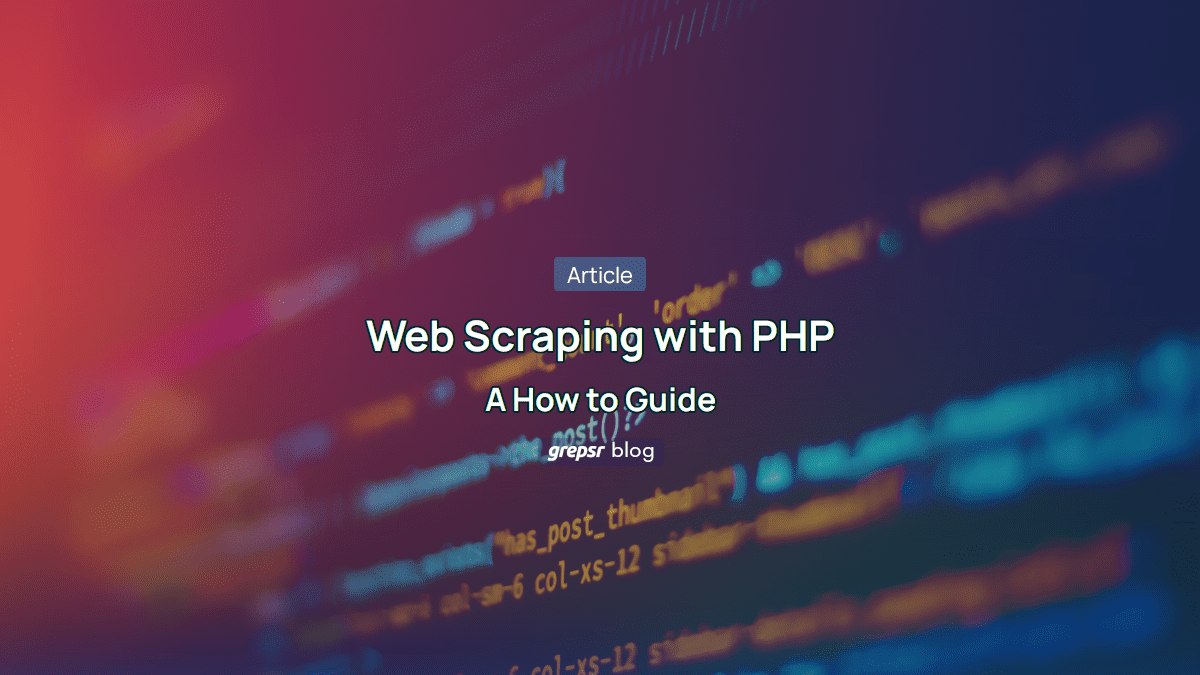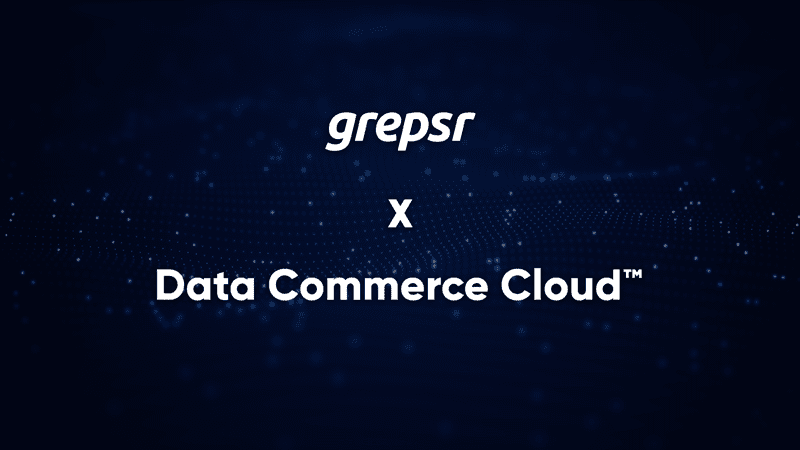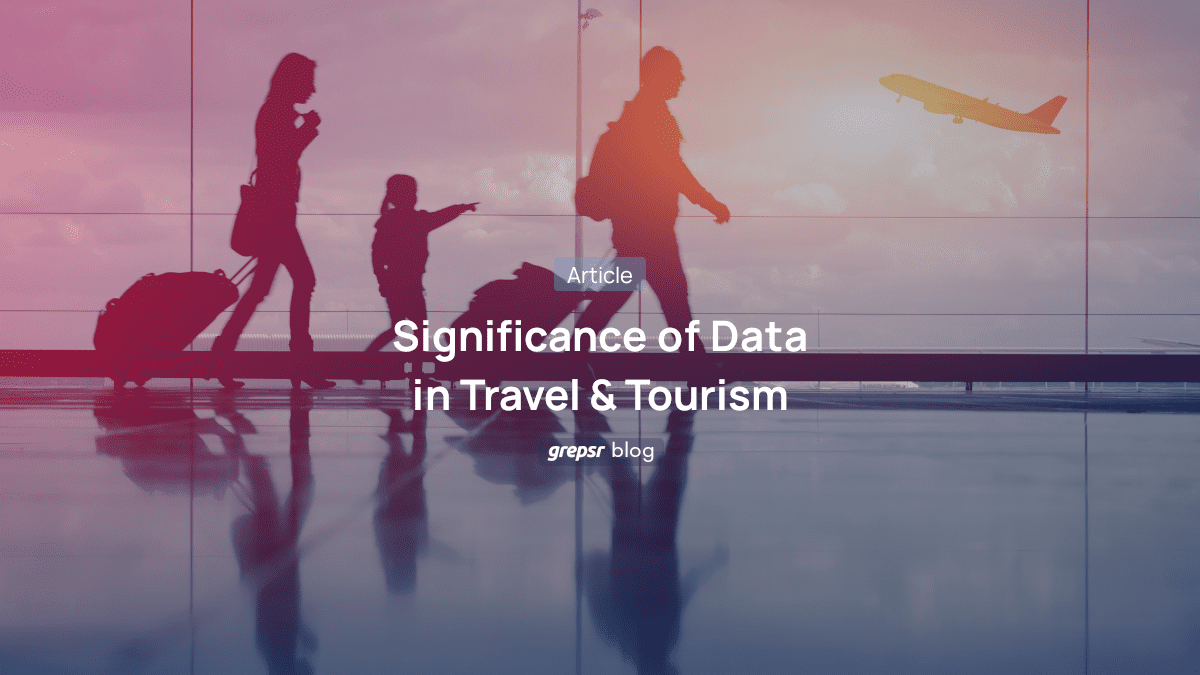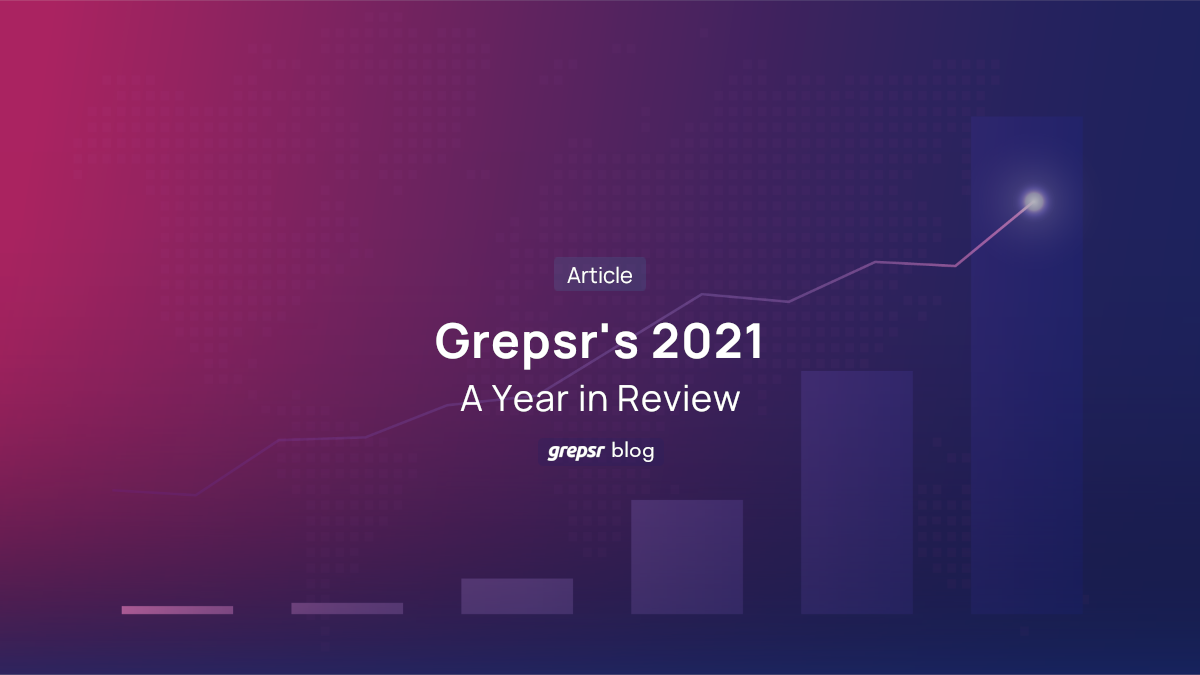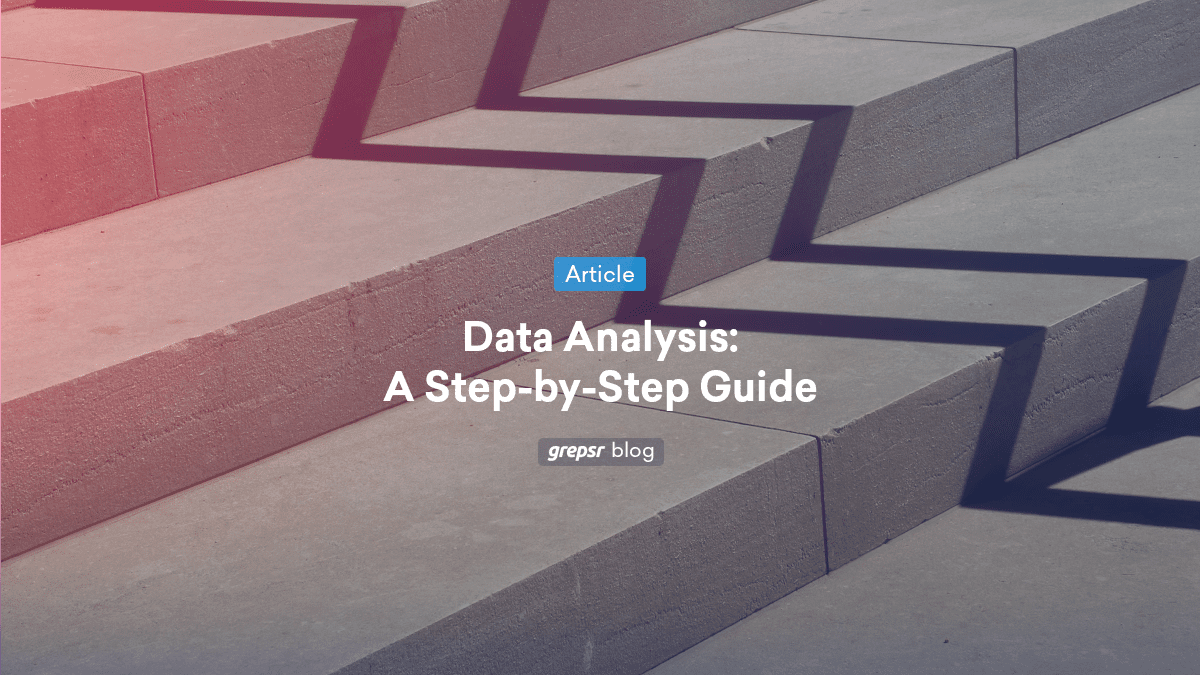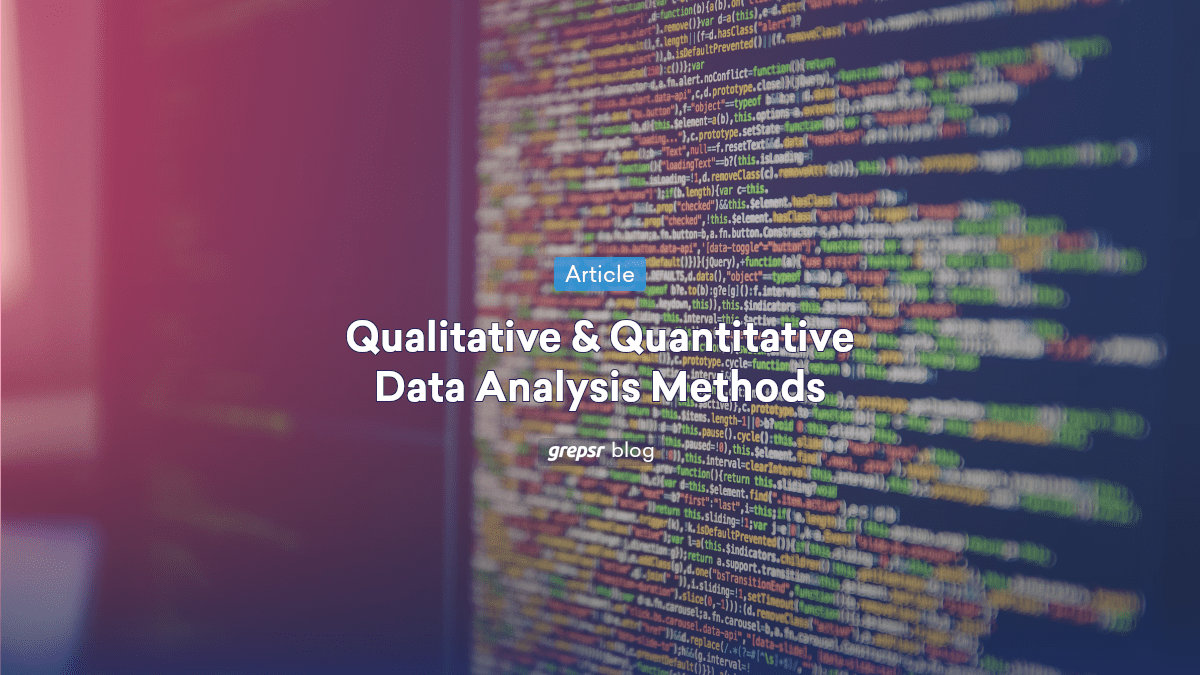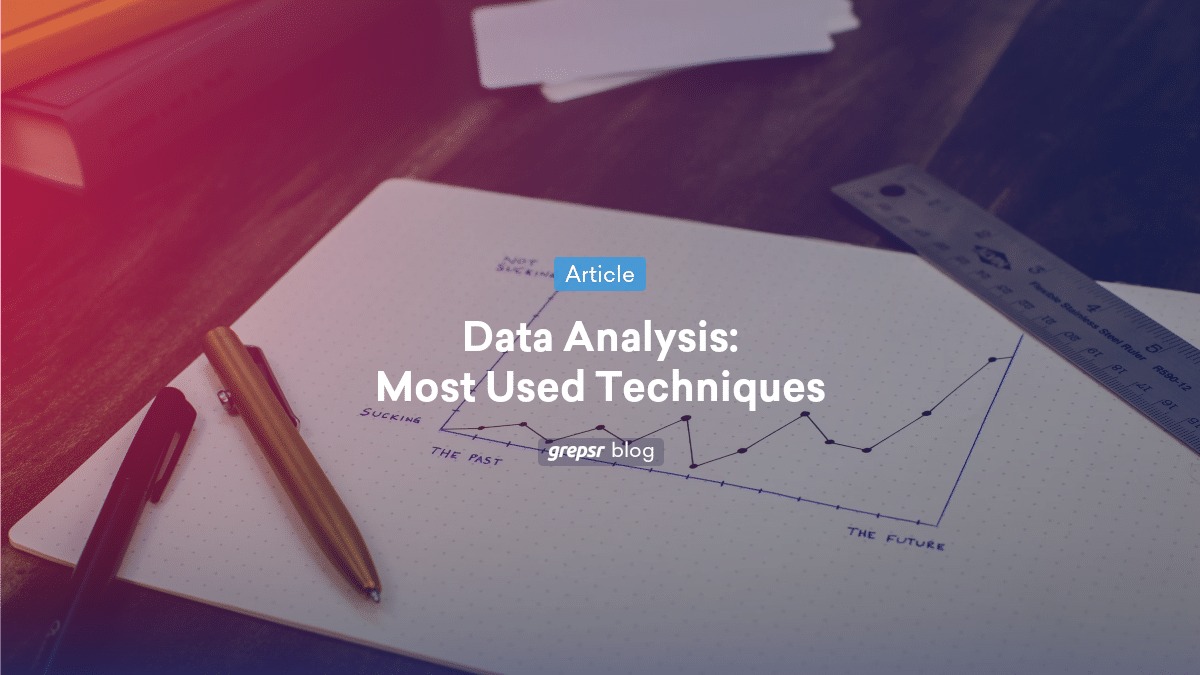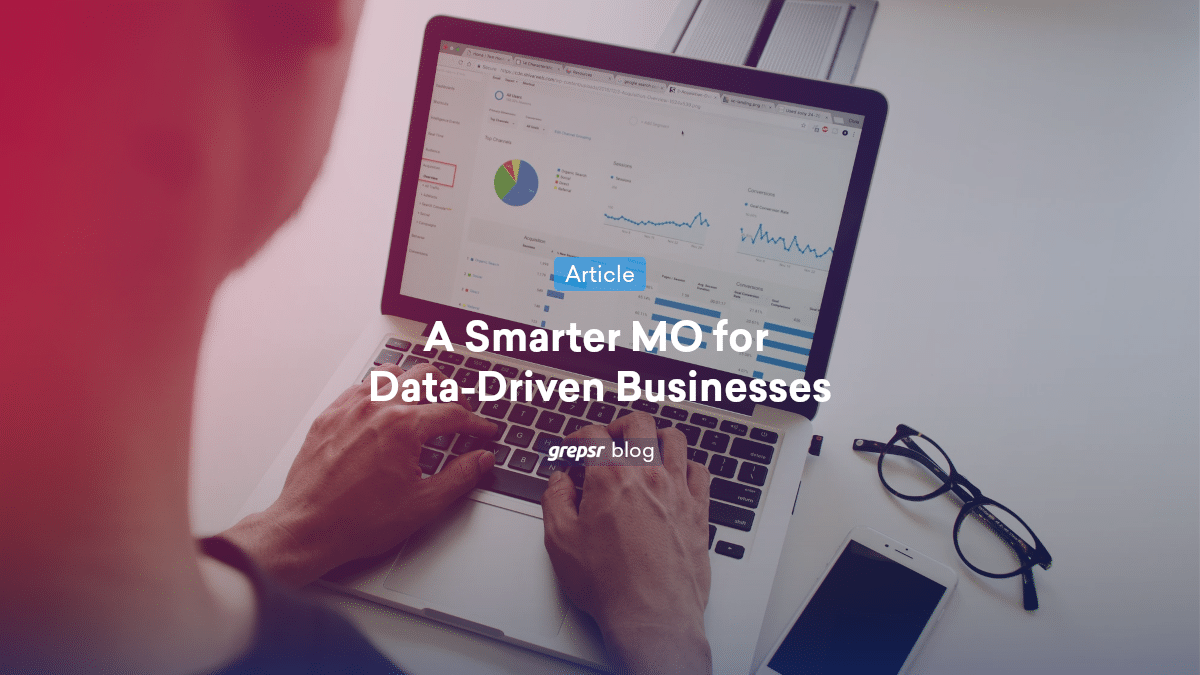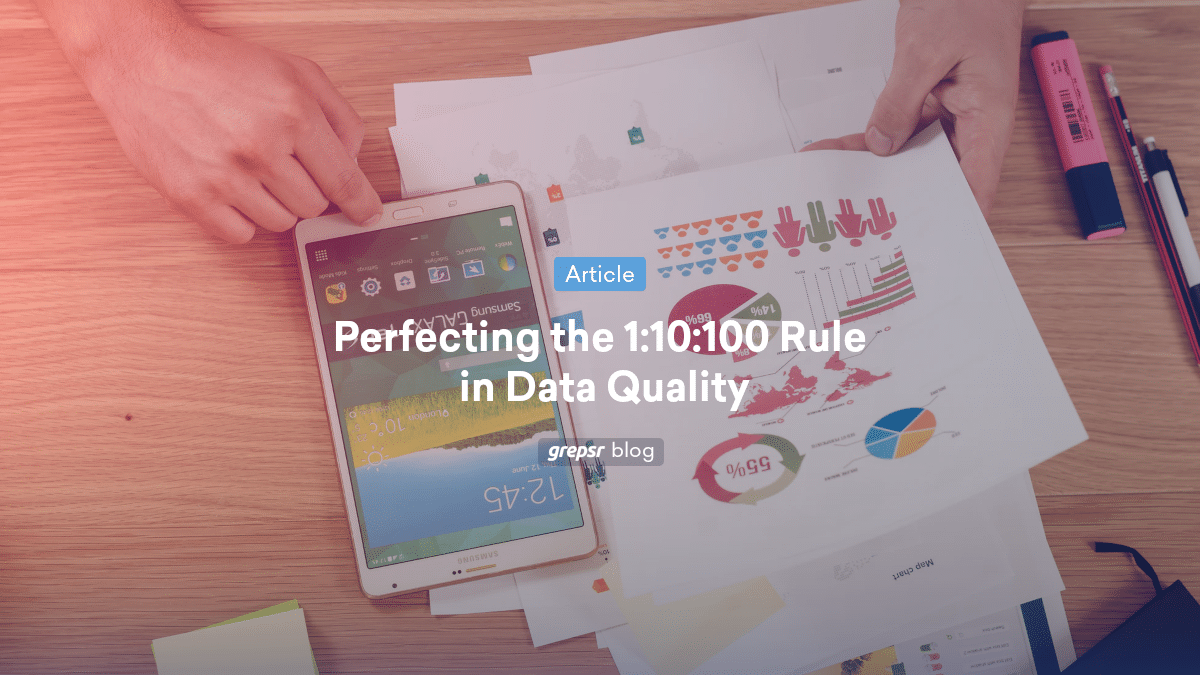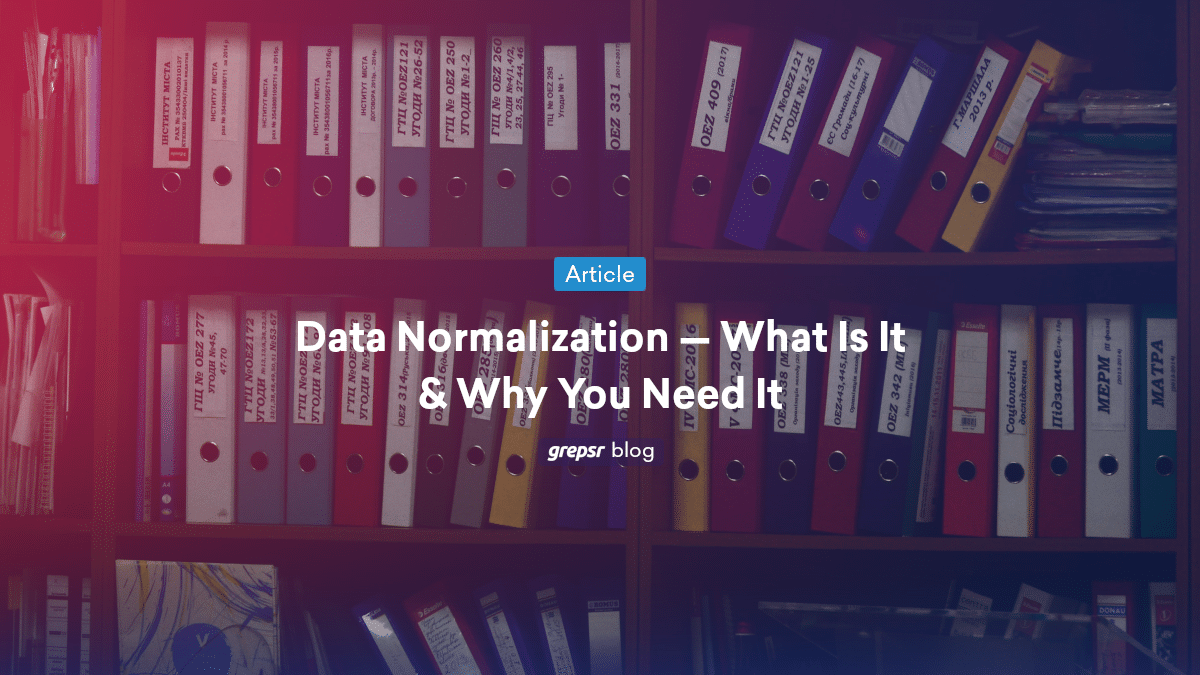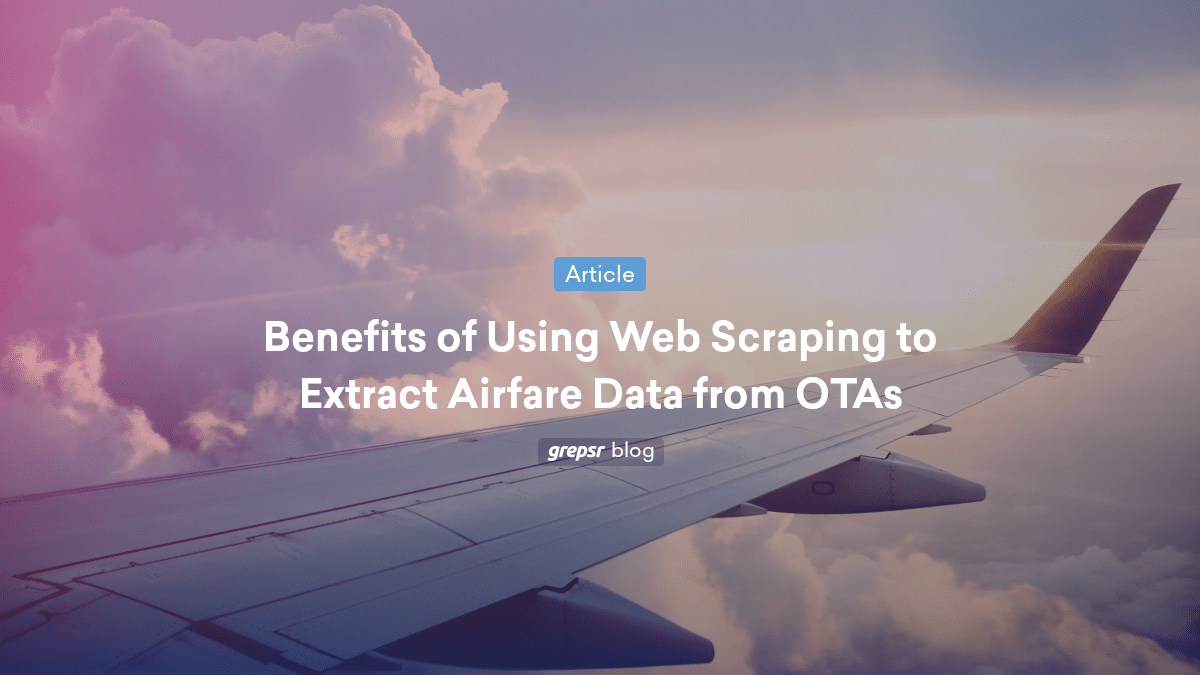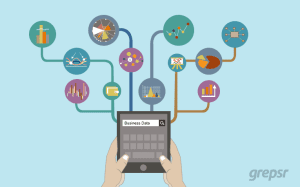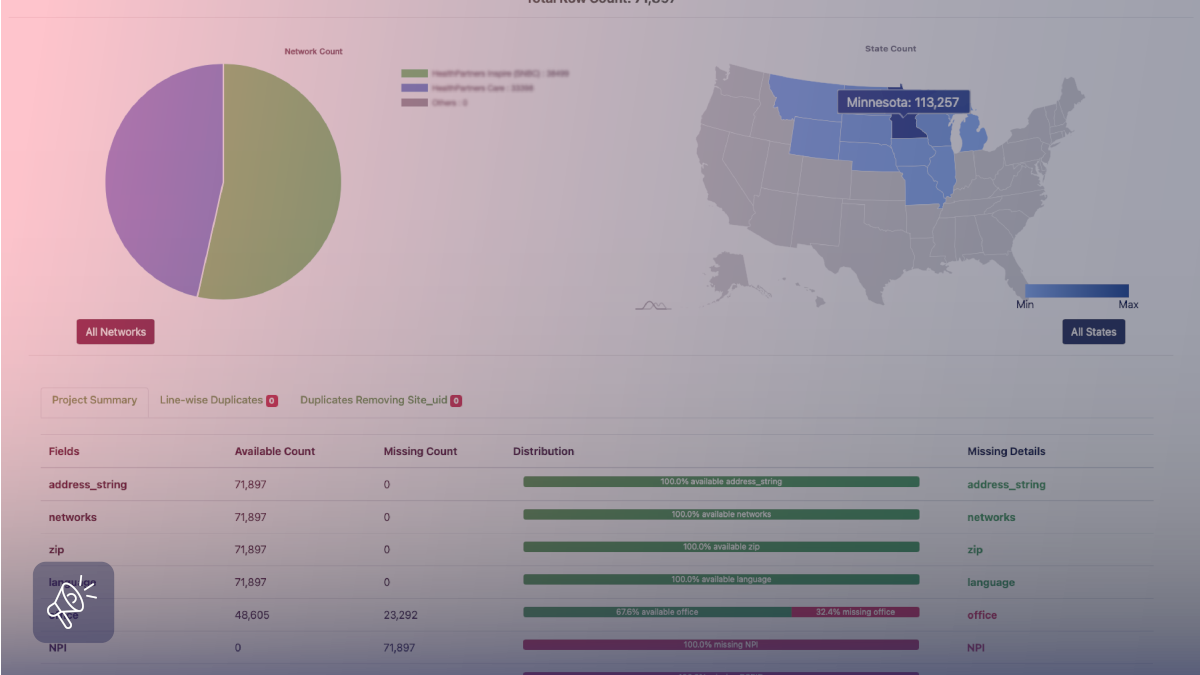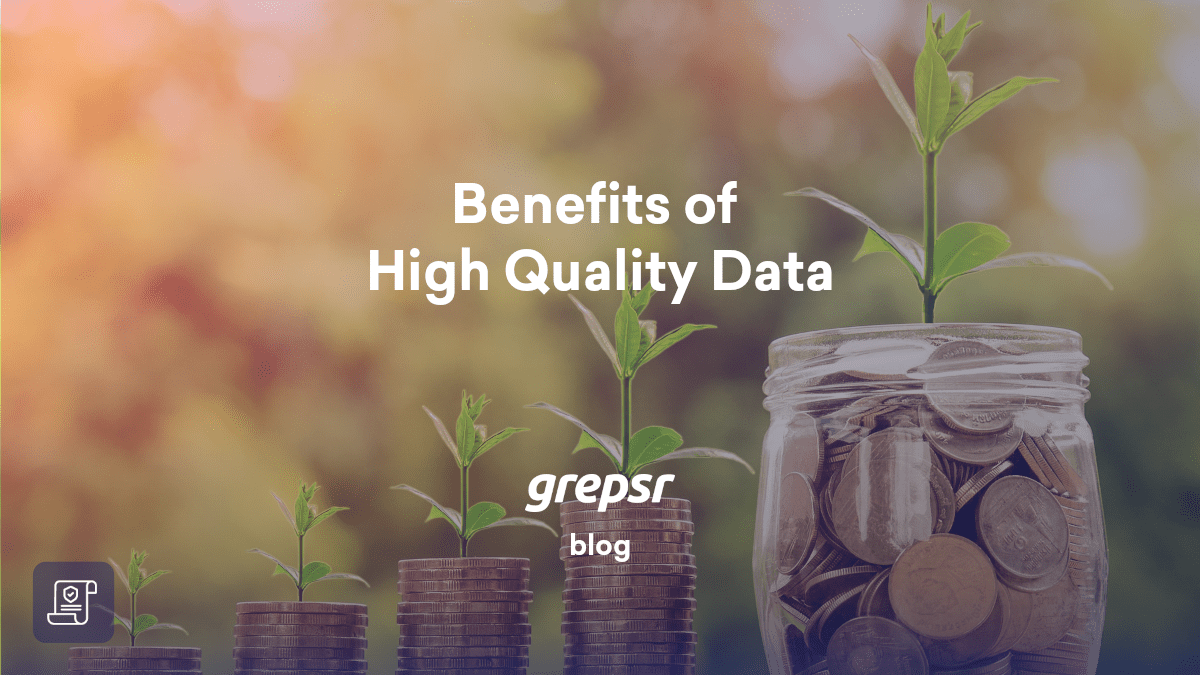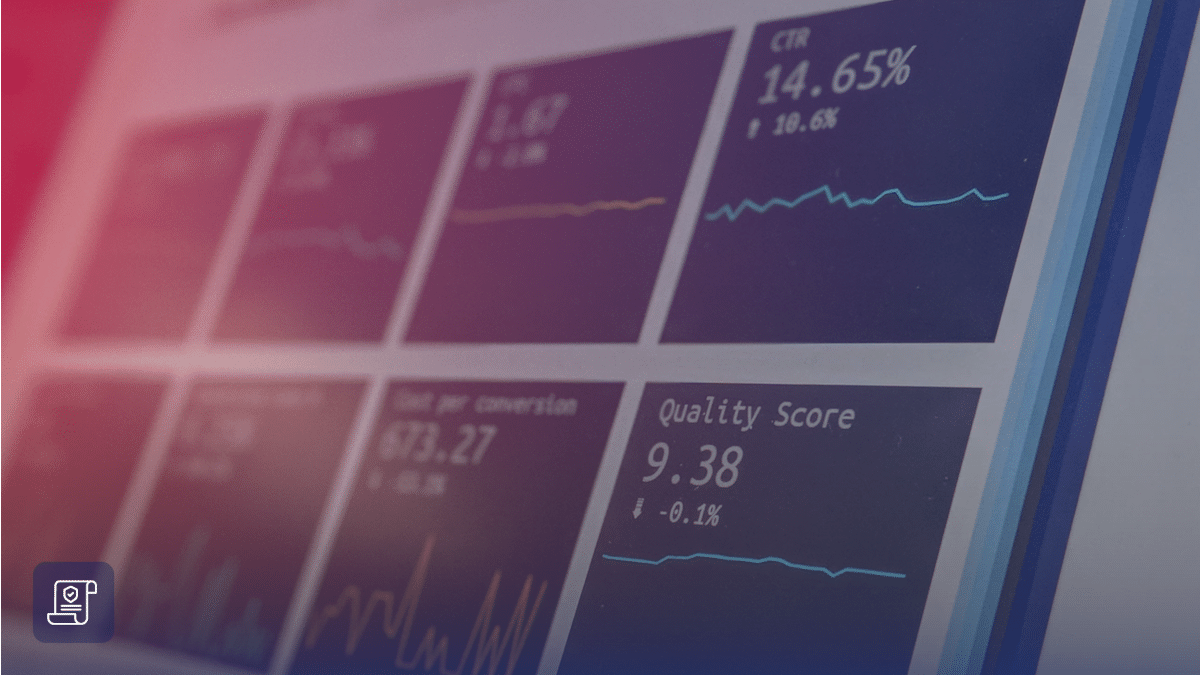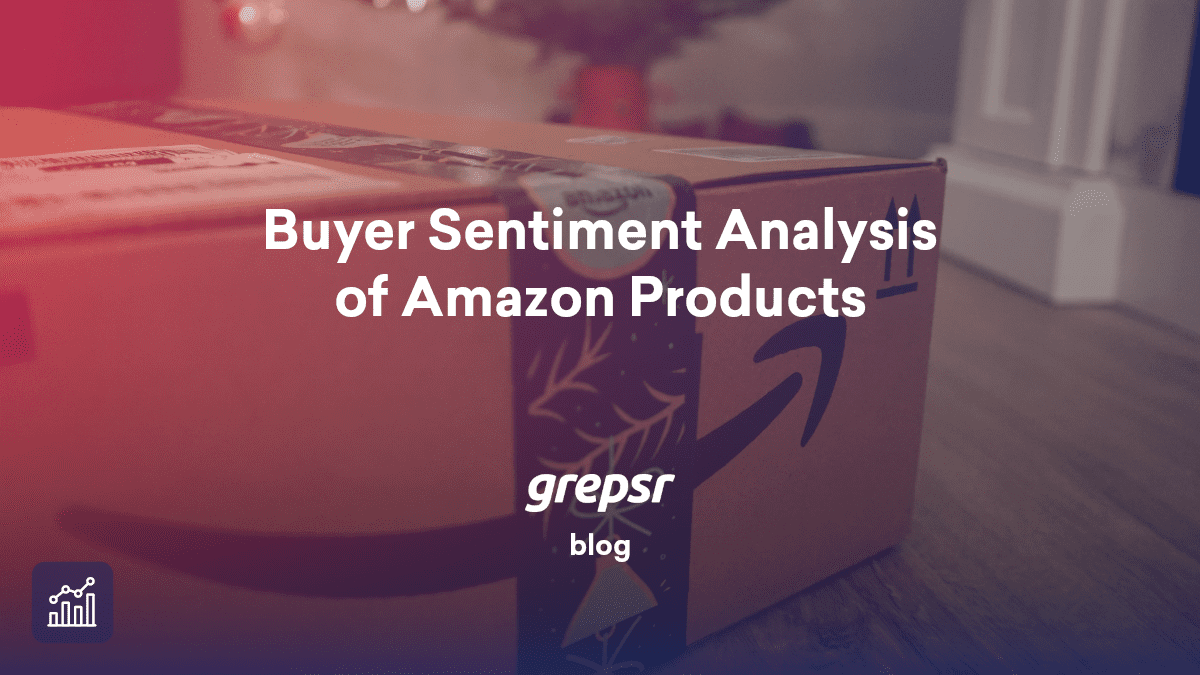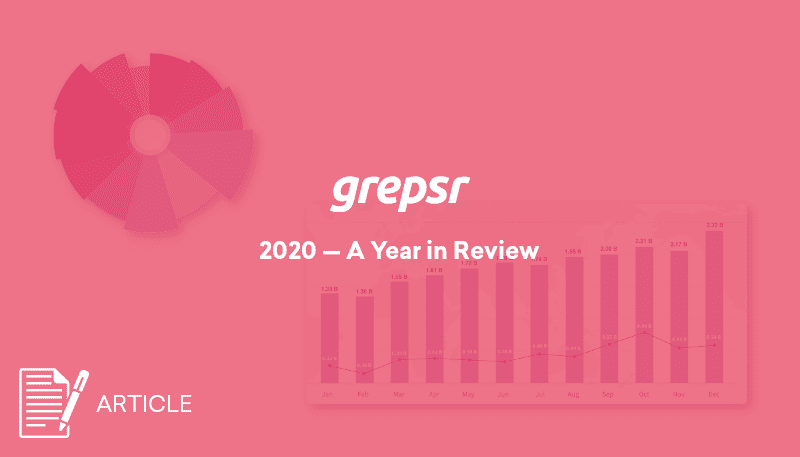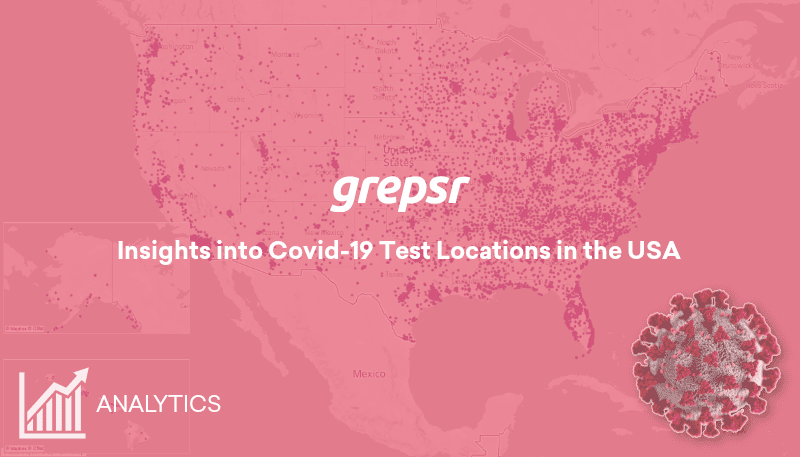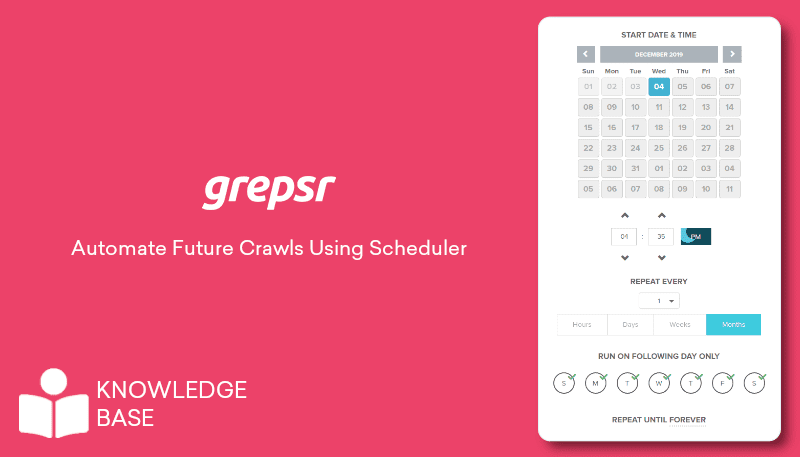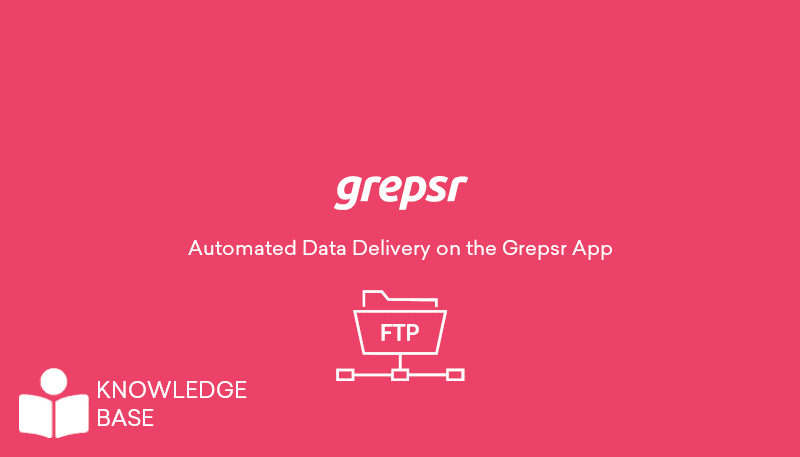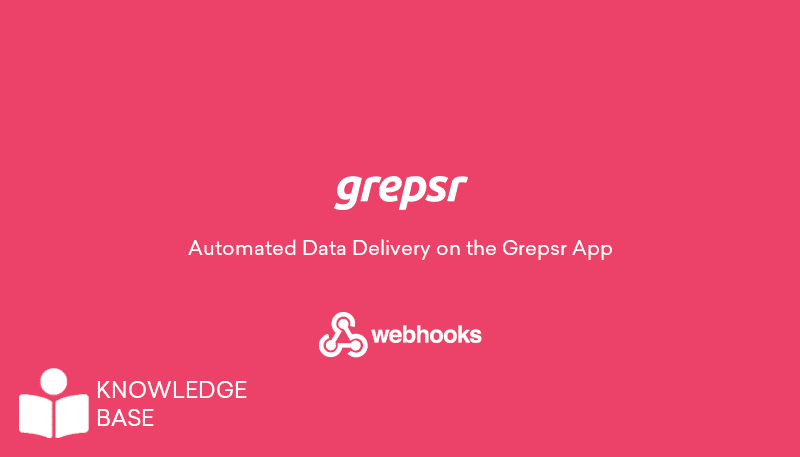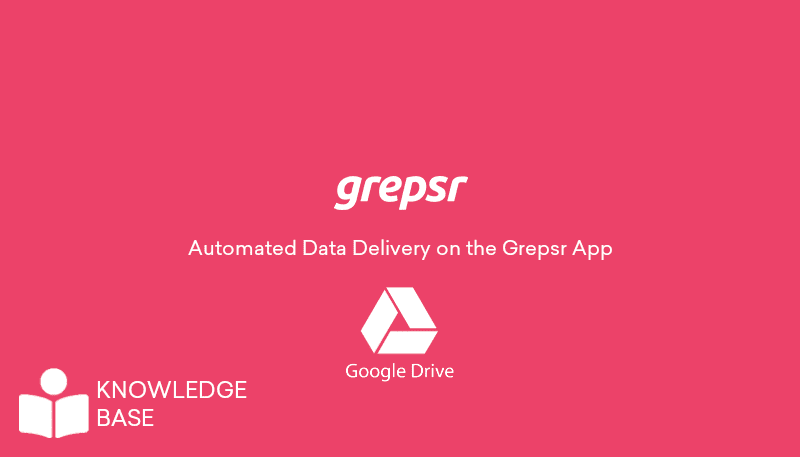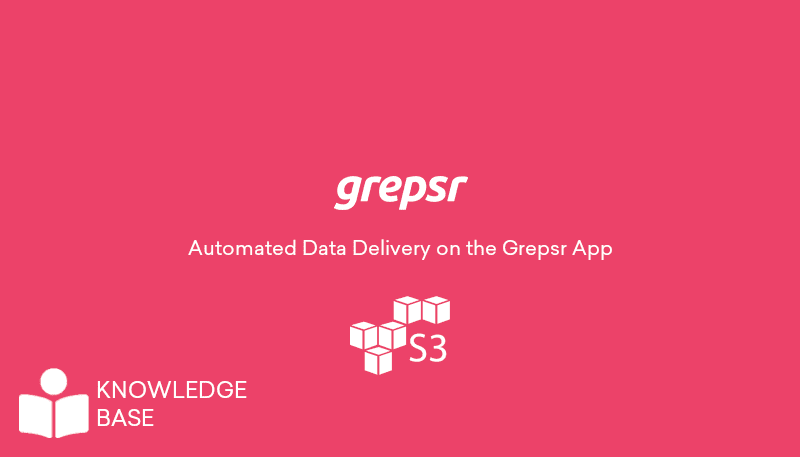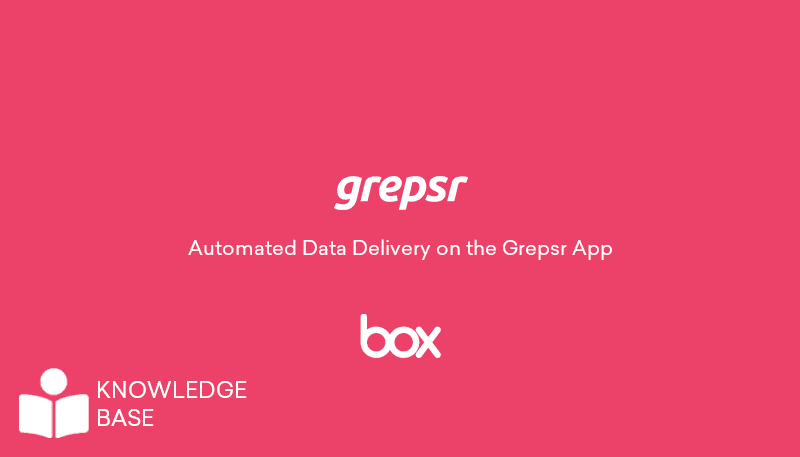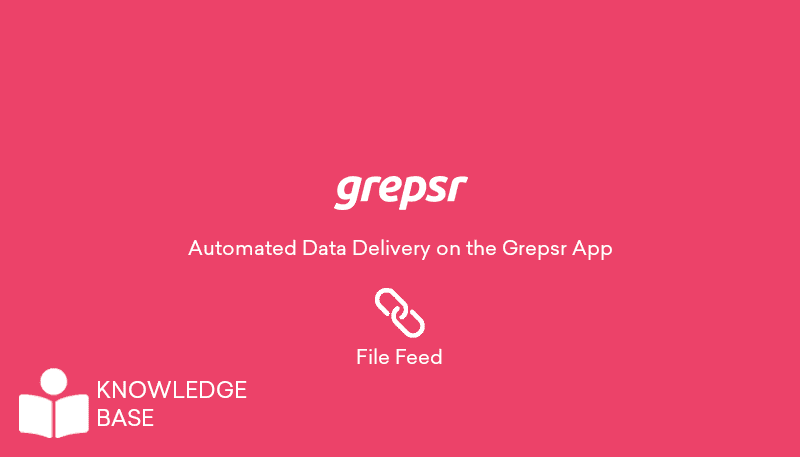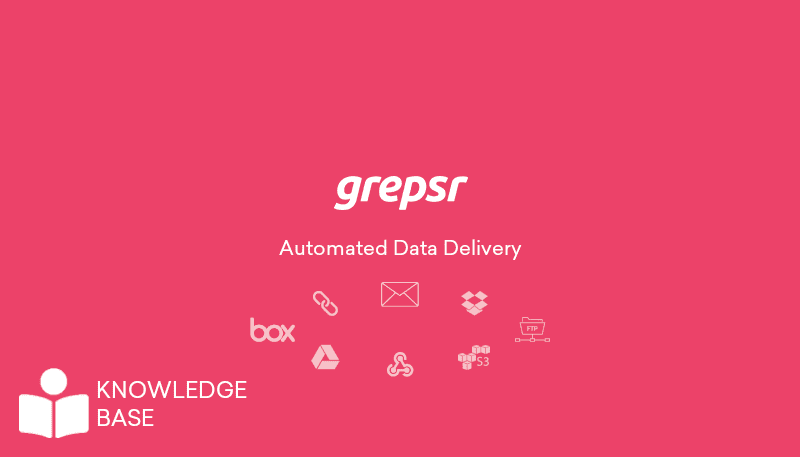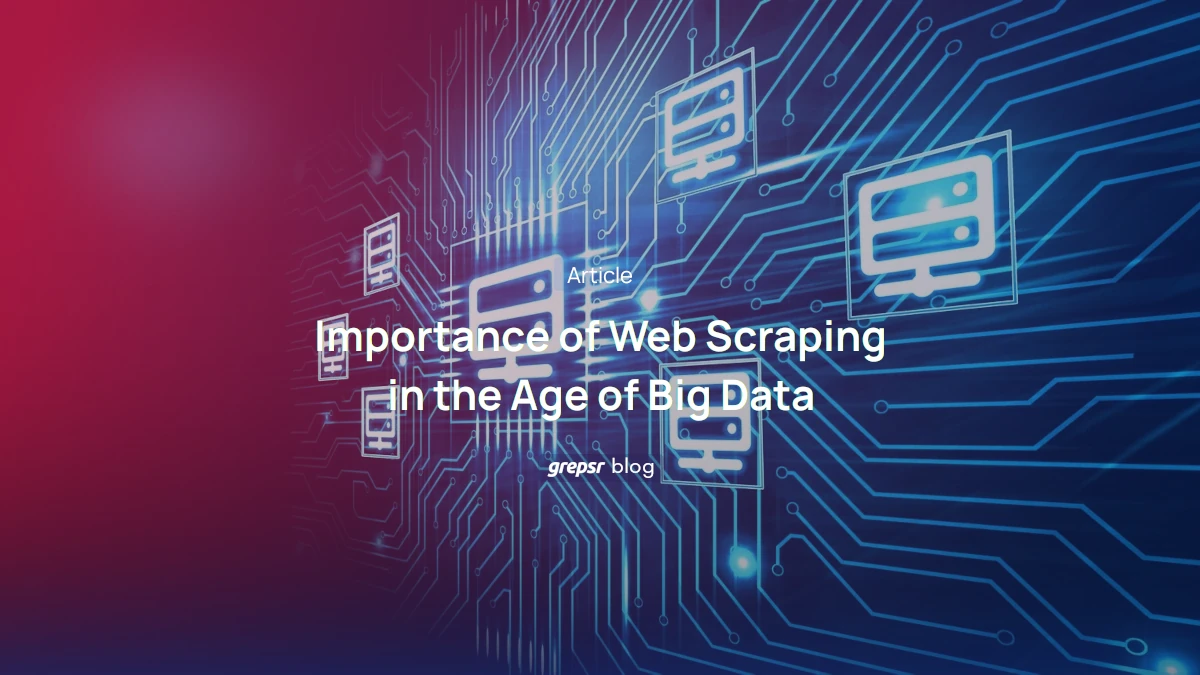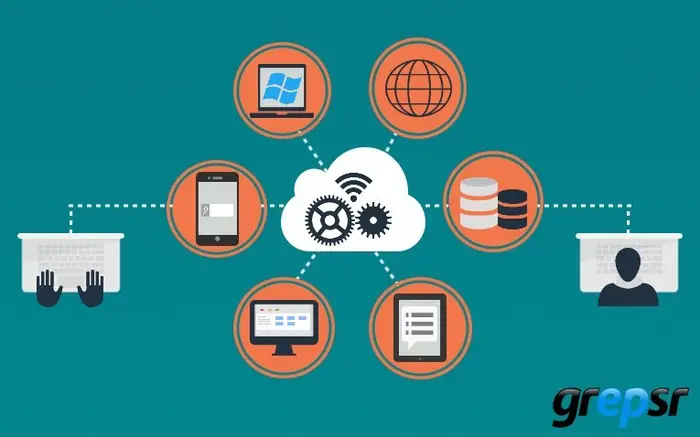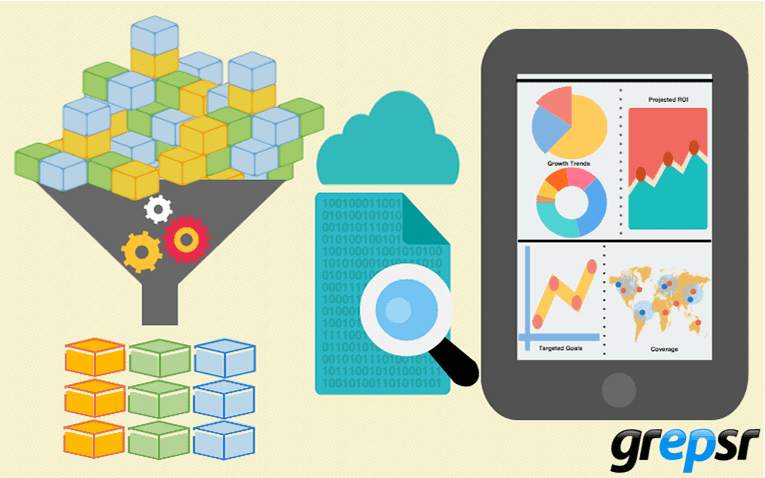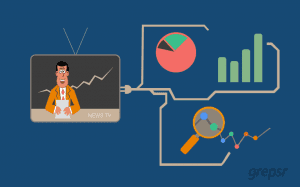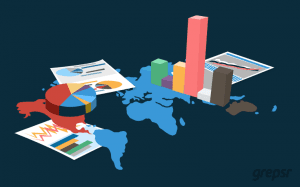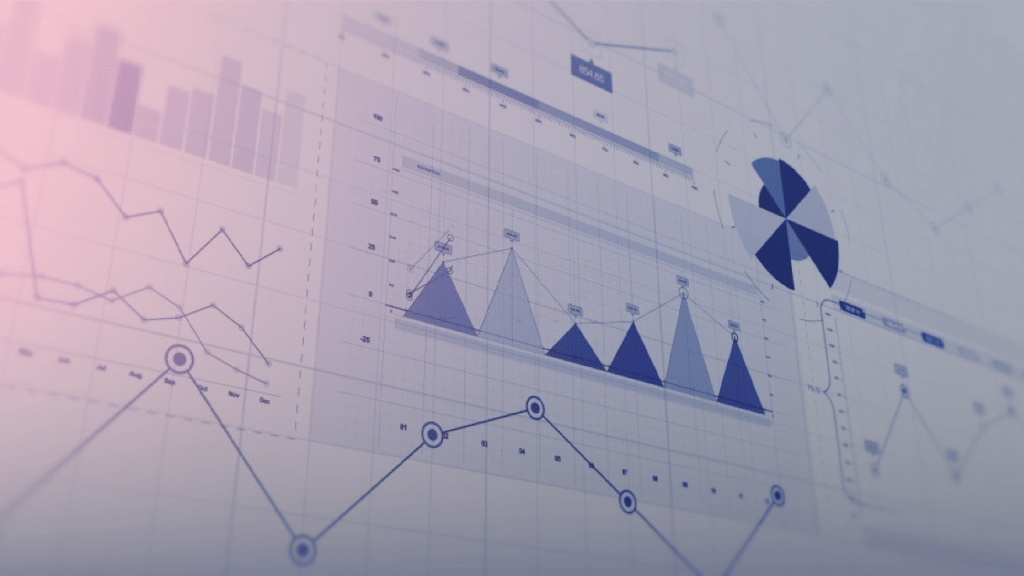
Objectivity vs subjectivity
The stories we hear as children have a way of mirroring the realities of everyday existence, unlike many things we experience as adults. An old folk tale from India is one of those stories.
It goes something like this: A group of blind men goes to an elephant to find out its disposition. The first blind man touches the trunk and concludes the elephant is like a python.
The second blind man grabs its tail and figures the elephant is nothing but a small snake. The third blind man feels its ears and finds his friend’s perspective faculties lacking.
The elephant was a most curious creature, flat as a carpet, with the features of a fan! How could they miss it?!
In their surmises, each blind man was correct (sort of), but when you consider what the elephant looks like, none of them got it right.
The same is the case with data. Unless we analyze it the way we should, no matter how much data is available, it does not matter. We can squawk all day, saying the elephant looks like a tree, it’d still be a false statement. Bad data. Unusable.
Data is the new oil
If you know where to look, there is a ton of information out there on the web. In the form of texts, videos, images, etc., this valuable resource is there for anybody’s taking.
Depending on the industry you are in, your preferences might take you on different tangents, but the essence remains the same, which is the ubiquitous availability of data.
If you are in the eCommerce & retail industry you can scrape millions of records of your competitors and gain valuable insights to gain an edge in the market.
You could find out about their standing in a particular sector or how well they are faring with regards to a specific product.
In today’s day and age, data, not oil, has become the principal driving force of the economy, but just like oil, raw data has almost no usage. Only when it is extracted and processed does it ooze with quality.
Add to that a peculiar feature of Big data, just like the Universe, it too is ever-expanding, and you are left with no choice but to make data-driven decisions the credo of your business!
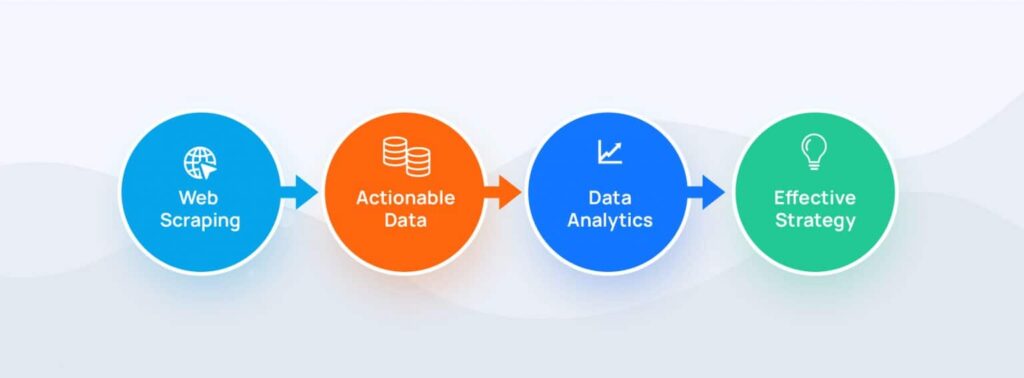
The cornerstone of data analytics — web scraping (aka data extraction)
If data is oil, think Grepsr as its finest refinery. In a world teeming with illegible data, we try and fix its adulteration.
Even though many countries in the world have plentiful oil, only some have harvested enough capital from it to be called a developed nation. One must understand that not every website will be so easy to scrape.
Our engineers come across these bottlenecks all the time. Data points may be unevenly distributed in different records all over the website which needs not just top-notch coding skills but also a dash of creativity to get around it.
Our sophisticated crawlers go through extensive websites from different industries, including but not limited to retail & eCommerce, housing and real estate, travel, and hospitality, etc., to get actionable business analytics data daily.
Why you need business data analytics
The world looks poised to be increasingly driven by data in the times to come.
Companies can leverage data analytics to figure out how their products are performing among the people and zero in on areas that need attention.
Here are a few reasons to make data analytics an integral part of your plan of action:
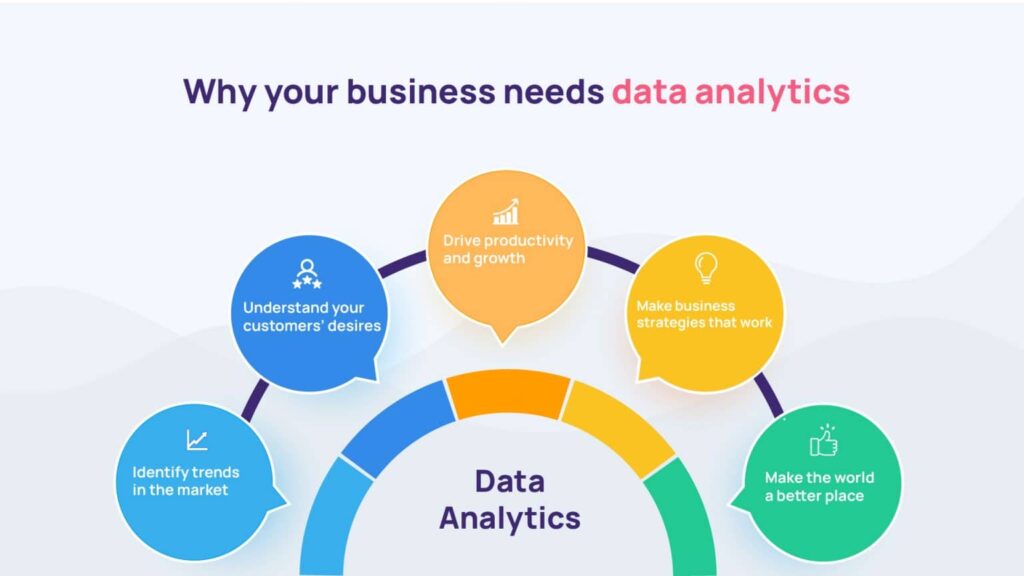
1. Identify trends in the market
The combination of skilled data analysts, the right software, and infrastructure will help you put a name to the zeitgeist of the times.
No longer will you need to rely on guesswork to find out why one product or service is performing better than the others.
2. Understand your customers’ desires
By making efficient use of business analytics, enterprises can discover what their customers are looking for and develop their products accordingly.
3. Drive productivity and growth
Data analytics helps businesses point out which processes are working and which are not.
This way, they can optimize systems that have potential while weeding out the ones that deliver no profits.
4. Make business strategies that work
As mentioned earlier, data analytics helps you derive precise answers to questions, such as ‘What is plaguing my business?’
With a clear roadmap and your work cut out for you, the strategy that comes after usually has a 100% chance of succeeding.
5. Make the world a better place
Even in humanitarian sectors, far removed from the cut-throat corporate world, data analytics can be a force for good.
Inputs from watches and other wearable devices can provide health workers with invaluable data that can help predict patterns in disease and mutation.
Data visualization — a potent tool for data analytics
Once you’ve figured out what specific parts of an elephant look like, it’s time to get a better picture of the situation by drawing a holistic portrait.
That’s what the analysts at Grepsr do. They are incredible statisticians, and adept coders, but what separates them from the rest is their ability to tell the story the data at hand is trying to tell.
If you listen carefully, the data will speak to you.
One of the best ways to perform data analytics is by visualizing it. In layman’s terms, data visualization is the process of representing hard facts (which usually involve numbers) graphically.
This way, key insights will not escape the decision maker’s eyes to everyone’s delight.
You can learn more about data visualization here.
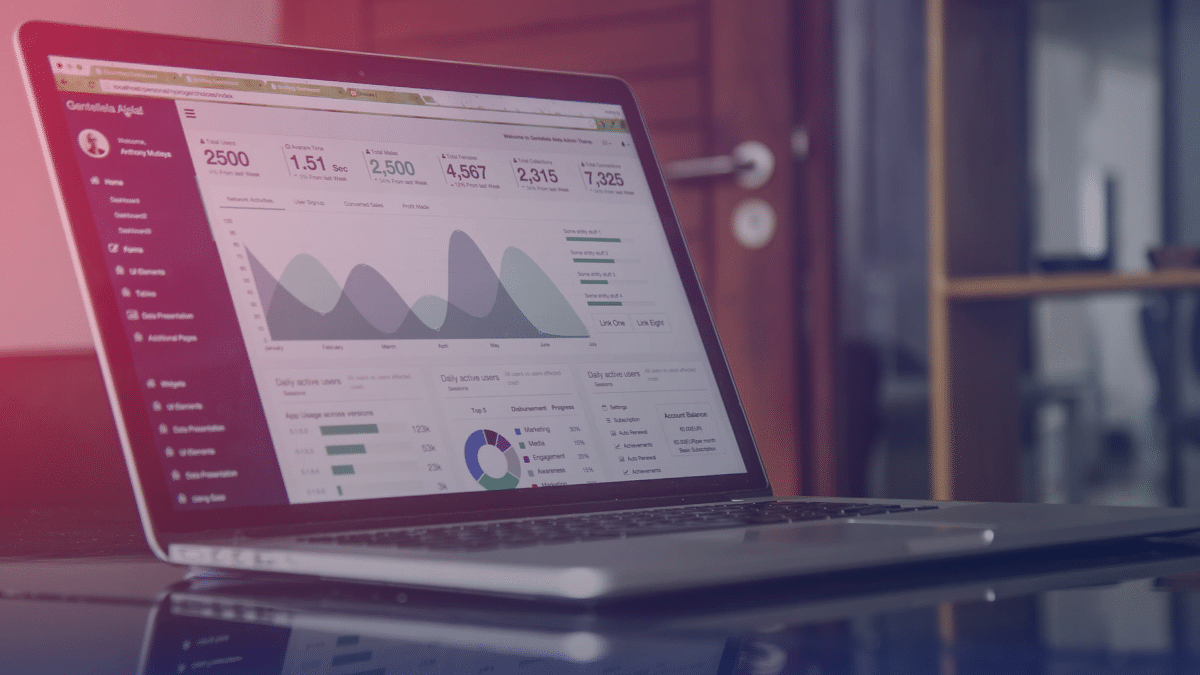
Check out a use-case of data visualization for data analytics here.








